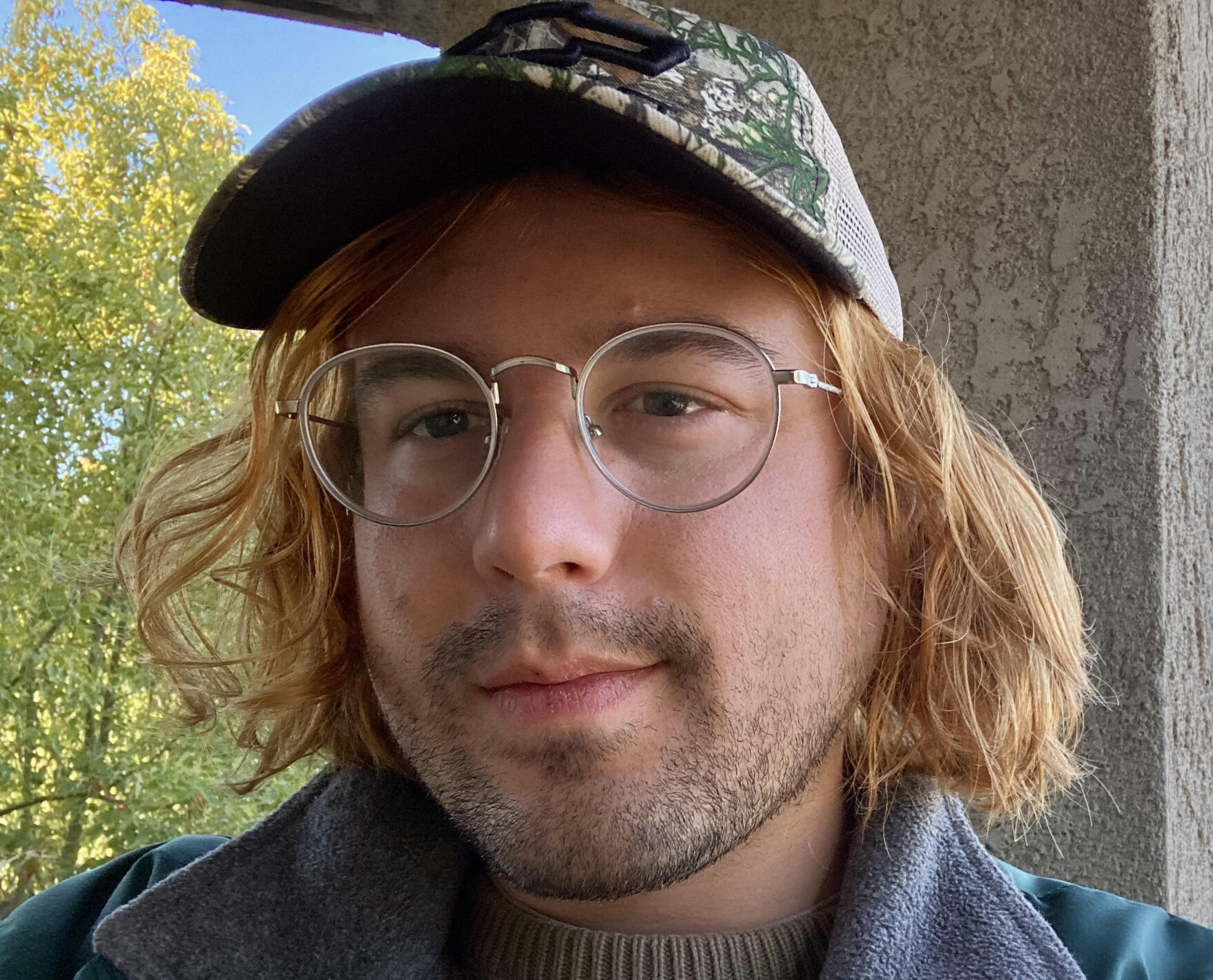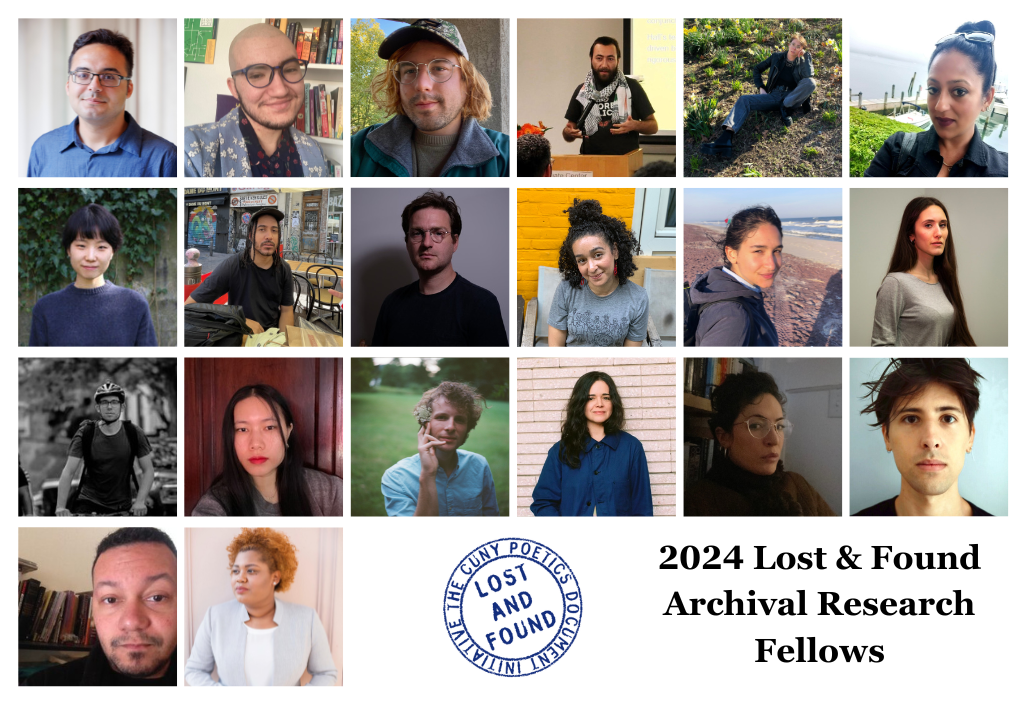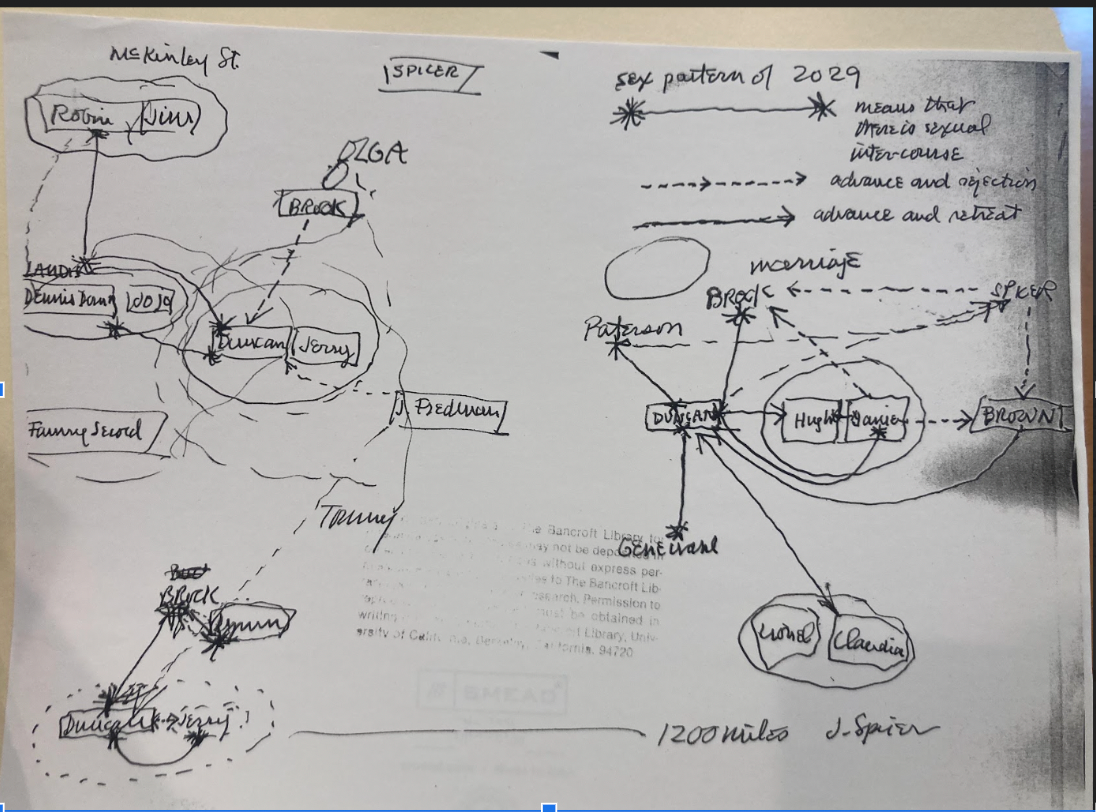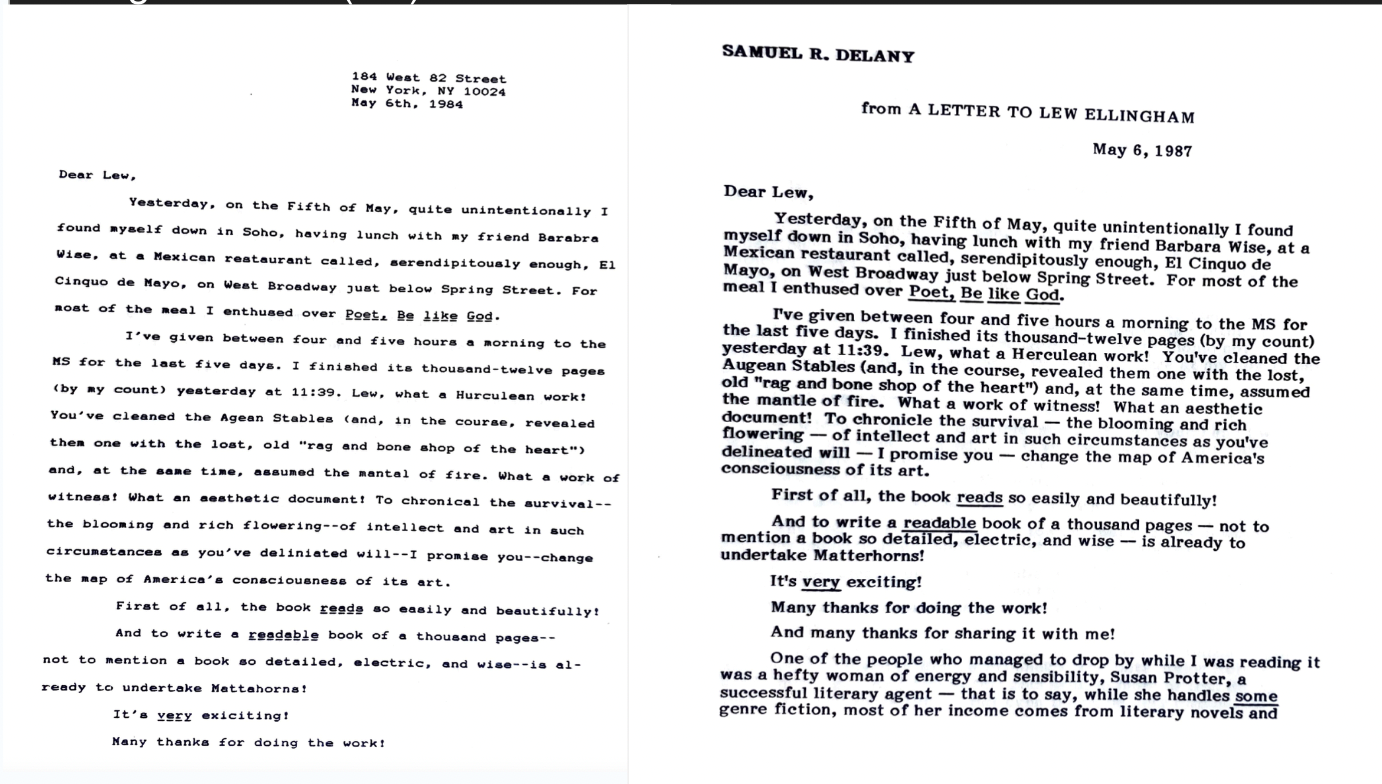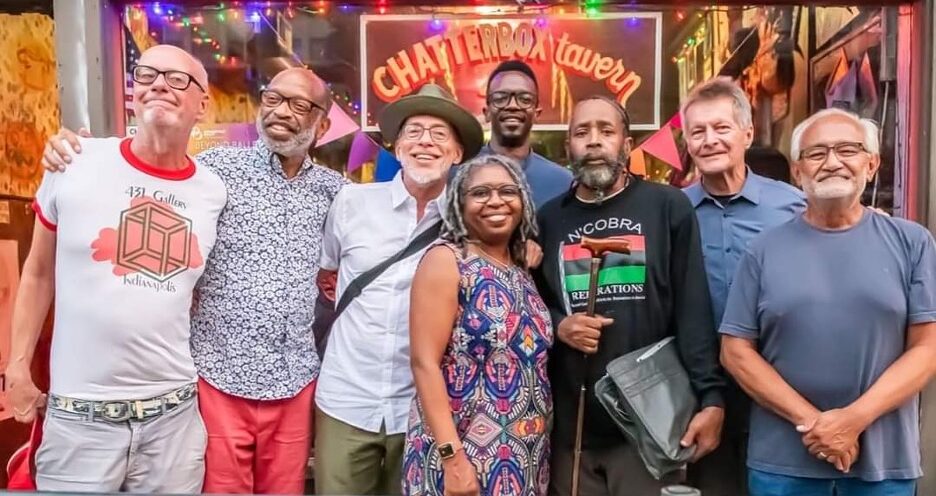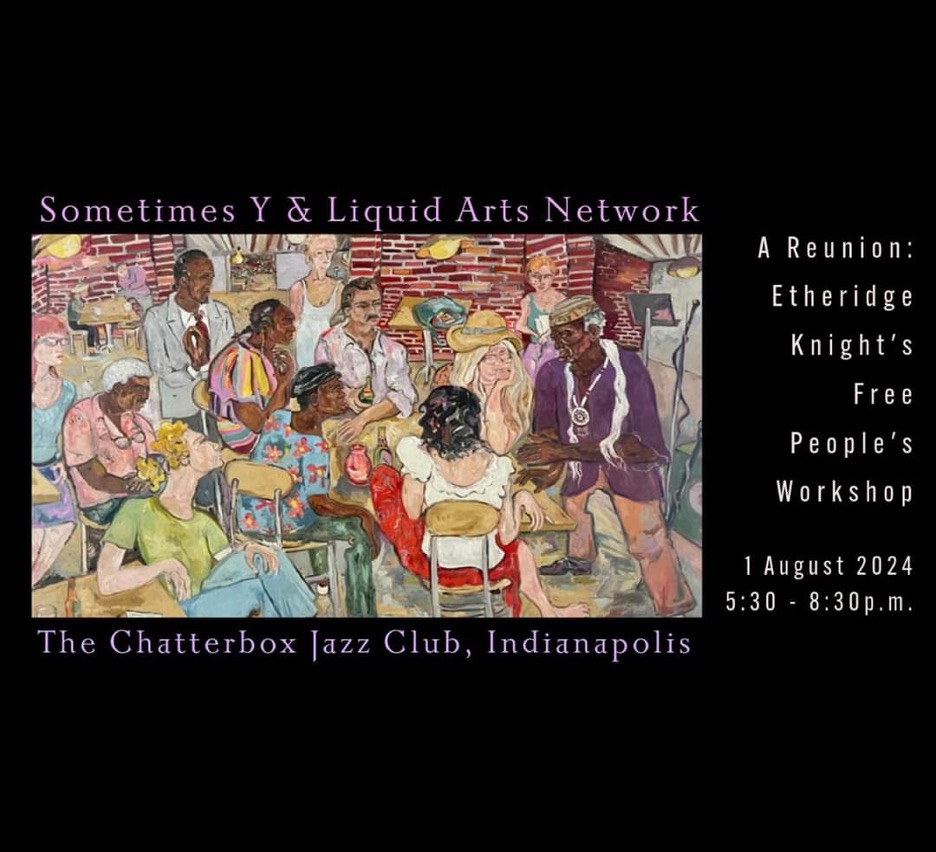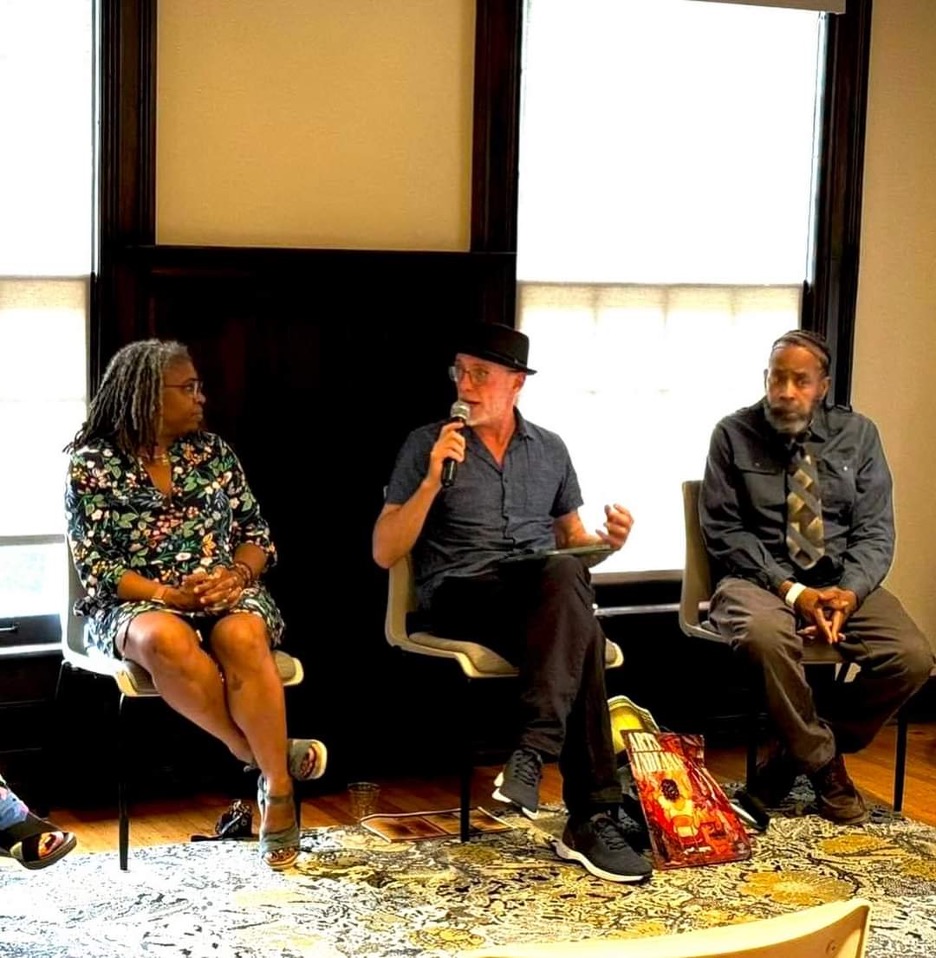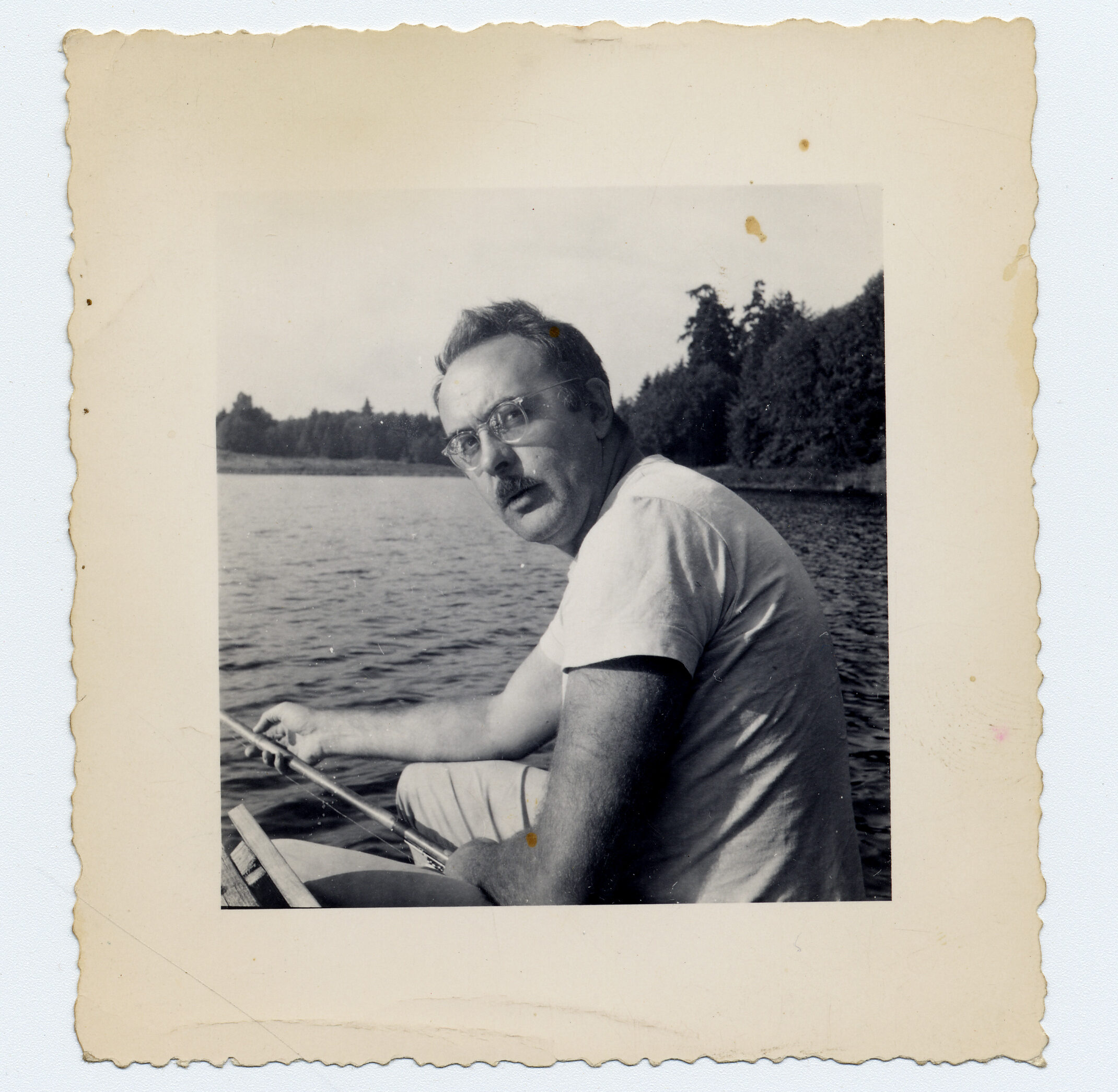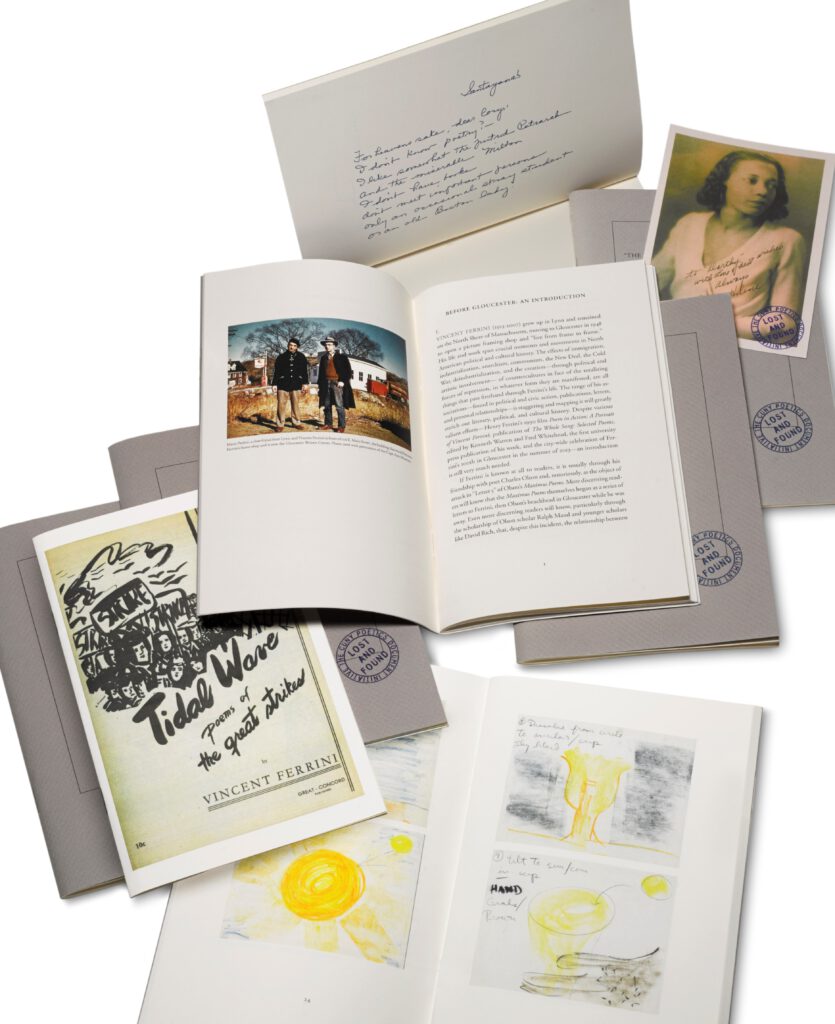Each year, Lost & Found: The CUNY Poetics Document Initiative offers Archival Research Fellowships and Grants to CUNY Graduate Center doctoral students conducting archival research on poets, writers, artists, and musicians whose contributions to New American Poetry remain understudied, including their political, pedagogical, and activist commitments, deepening and complicating common understandings of past historical and cultural moments. This year, thanks to generous support from the Early Research Initiative at the CUNY Graduate Center, 20 students have received financial and logistical support as they traveled to archives here and abroad, both personal and institutional, developing their innovative research. This archival research is how Lost & Found seeds new publications and programming, so look forward to the flowers of these projects which may take any number of final forms—dissertations, conferences, digital publications, Lost & Found chapbooks, or full-length books published in collaboration with a larger press as part of our Lost & Found Elsewhere series. Read about the 2024 L&F Fellows and their archival research projects:
Lou Sullivan’s Queer Transmasculine Advocacy
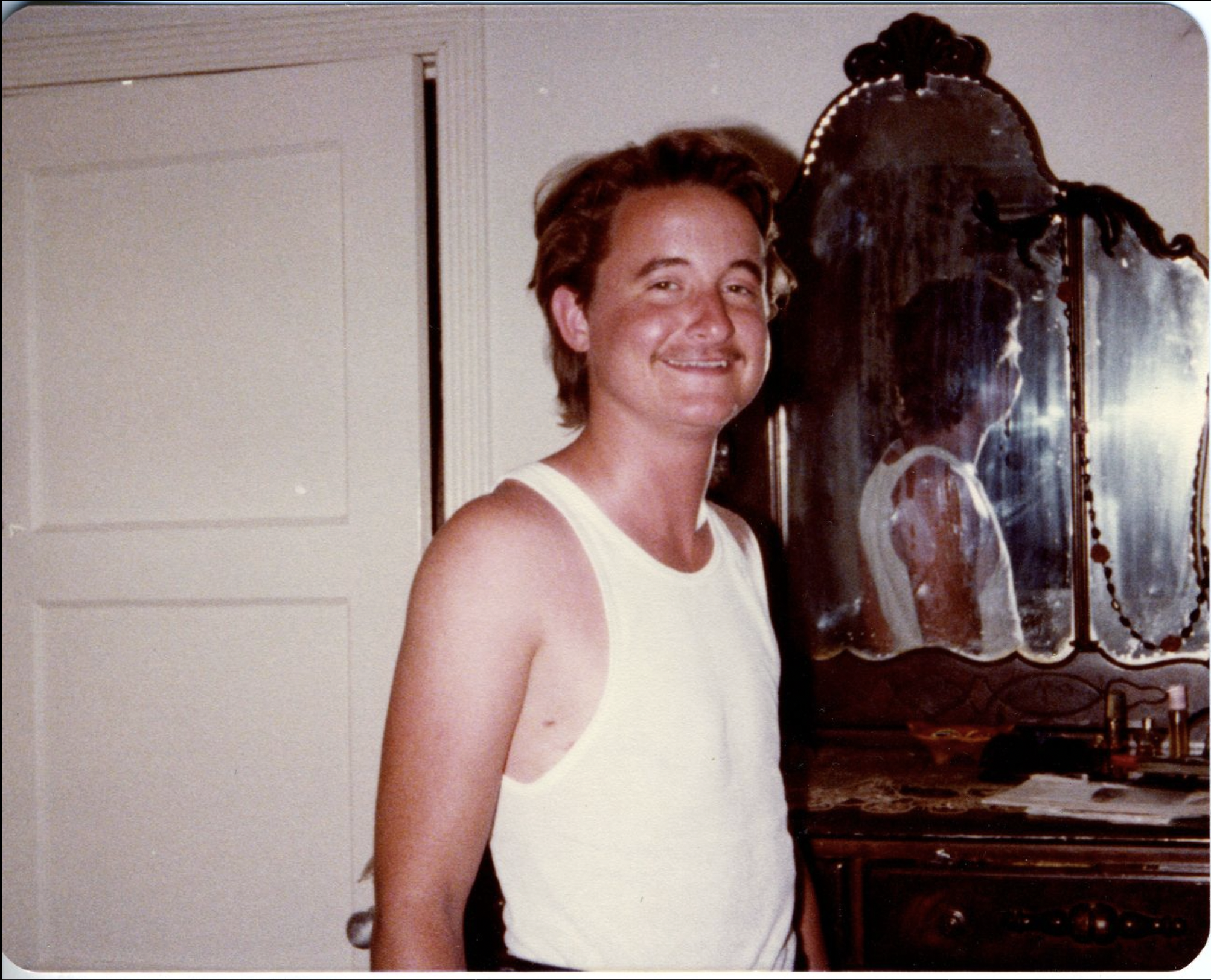
Lou Sullivan, a gay trans man, author, activist, and ardent diarist, died of AIDS-related complications in 1991 at the age of 39, writing upon receiving his diagnosis, “They told me at the gender clinic that I could not live as a gay man, but it looks like I will die as one.” His edited diaries, which allowed a generation of younger queer transmasculine people to reach across the archive and connect with an ancestor, provide almost three decades of his internal monologue, but leave his letters unexamined. This project highlights tensions and connections in trans communities and trans healthcare access through exploring Sullivan’s frequent correspondence with other trans people from the ‘70s to the ‘90s, his interpersonal and organizational work throughout the ‘80s and ‘90s to build a vibrant transmasculine community in and beyond California’s Bay Area, and his unrelenting efforts to educate surgeons and other medical professionals on the existence of queer trans men.
“My Arthur Russell”
In this project – titled “My Arthur Russell” – Malinowski writes on the intersecting lives and aesthetic qualities of Arthur Russell and his contemporary Kevin Killian. Born a year apart, both artists left an indelible mark on the shape of experimental American music and poetry, respectively. Malinowsi’s hope is for his writing to sense both Russell and Killian as fellow travelers in the present.
Educators and Organizers: Queens College Socialist Feminisms of the 1970s
This project, which is a collaboration with a collective of scholars, organizers, and archivists, aims to document the history of socialist feminisms in the SEEK program at Queens College in the 1970s. Through oral history and archival work, we hope to shine light on a remarkable group of educators that included Andaiye, Joan Nestle, Margaret Prescod, and Wilmette Brown, with a focus on the relationship between their pedagogy and organizing.
The Eye and Ear Theater Company: Poetic Collaborations between 1979 and 1996
Since the 20th century in the United States, poets’ theaters have culminated in projects that are experimental and often hard to categorize, while at the same time hearkening back to the days of ancient dramas, when the poet and the playwright were the same person. While scholarship on poets’ theaters has much to say about the plays produced for these venues, Rosenberg’s research focuses on the interactions that preceded the actual texts and performances. She focuses on the Eye and Ear Theater, a platform about which essentially no scholarship exists.
A revival of the poet and artist theaters of the 1950s and early 1960s, founded by Ada Katz in 1979, the theater nurtured singular creative collaborations by producing plays written by poets using sets and costumes designed by visual artists, including Kenward Elmslie, John Ashbery, Alex Katz, Jane Freilicher, Linda Benglis, Alice Notley, Allen Ginsberg, and Eric Fischl. To shift critical attention toward stages of process within the multi-media archives, Rosenberg’s project looks to the correspondences that facilitated Eye and Ear’s collaborative poetics in an increasingly neoliberal context.
Making Space for Edward Owens Within the New American Cinema Movement
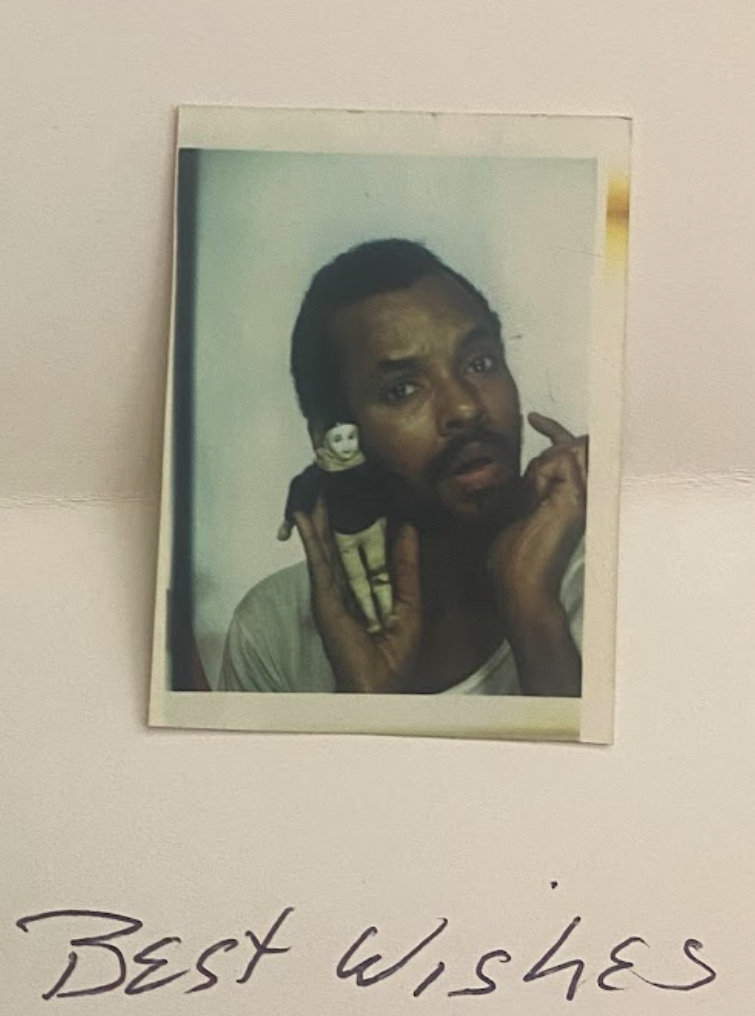
Photograph of Edward Owens, enclosed in a March 22, 1986, letter to Charles Boultenhouse. Box 6, folder 22, Charles Boultenhouse and Parker Tyler Papers, Manuscripts and Archives Division, The New York Public Library, Astor, Lenox and Tilden Foundations.
This project focuses on the archives and letters of Edward Owens, a nearly forgotten queer Black filmmaker who spent a few productive years in New York when he was barely in his twenties, making several acclaimed underground films before returning to his hometown of Chicago. The archival research will center on Owens’s correspondences with friends and acquaintances in the NY underground. Through the archival reconstruction of Owens’s community of filmmakers, critics, and poets in New York, this project hopes to re-center Owens within the New American Cinema movement. Exploring new archives will also allow for a speculative engagement with unmade and unfinished films that Owens described in letters or sketched out in still collages and notes after his return to Chicago, when his filmmaking practice has been presumed to have ended.
Theodore Enslin and Cid Corman: Committed Correspondences
In 1960 the poet Theodore Enslin reclused himself from the scene of poetry and moved to Maine, and in that relative solitude, he took on the life of both a hermit poet and a letter writer. In the Maine woods, Enslin wrote prolifically, and the scope of the research centers around Enslin’s correspondences with poet and Origin publisher Cid Corman to uncover the nature of the relationship between poet and publisher, their shared poetic visions in the face of the Vietnam War, and the commitment of literature to social and political realities. Using their letters, this project aims to produce a chapbook of their letters alongside a series of essays printed in the journal EL CORNO in 1966 between Enslin, Denise Levertov, and other poets to interrogate the social and political position of the poet during times of genocide and invasion.
Mapping Samuel Delany’s Poetic Dialogues
Taking as a catalyst the archival material of Samuel Delany’s correspondences, this project follows two distinct yet enmeshed threads: the first of which is the generative and vast relationships between Delany and queer avant garde poets, particularly the New Narrative author Kevin Killian, and the second of which is Delany’s correspondence with Patrick Califia amidst the overlapping HIV/AIDS crisis and feminist sex wars of the 80s. Delany and Killian’s correspondence tracks shared devotion to the San Francisco Renaissance poet Jack Spicer. In 1987, Killian published Delany’s letter to Lew Ellingham on Ellingham’s biography of Jack Spicer, in the little magazine “Mirage” run by Killian and Dodie Bellamy. Exceeding the Killian-Spicer network, poets populate Delany’s archive to an exceptional degree. Delany has been and remains intimately imbricated within the poetic community, as a key influence on poets, as the often-sole fiction writer in a poetry-centered space, and as socially enmeshed within the world of queer experimental poetry. Using this social-aesthetic map generated from his archival correspondence, this project aims to gather Delany’s writing on/to poets and writings by poets on Delany, interspersing “Poets on Delany” with “Delany on Poets.”
This project also follows Delany’s correspondence with Califia before and after an interview between the two, conducted in New York City on the same trip in which Califia presented at the infamous 1982 The Scholar and the Feminist IX: Towards a Politics of Sexuality conference. Their individual legacies are substantial and their work warrants being brought together to examine the specter of ‘high risk’ sexual activity within the overlapping frames of the Feminist Sex Wars of the 80s and the HIV/AIDS epidemic. Their very work enables us not only to compare but view the enmeshment between these histories and their afterlives. This project uses Delany’s kaleidoscopic correspondence to surface imbricated aesthetic, social, and sexual universes that are too often siloed.
Uncovering Kenneth Patchen’s Vision
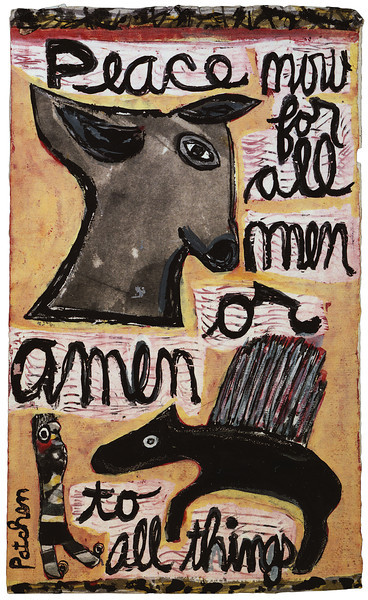
Kenneth Patchen is the often overlooked poet of anger and light, whose reputation is cursed by his singularity (not fitting in neatly with Beats who immediately followed him, though they contained key admirers), his dogmatic pacifism (which earned him no friends especially during its first manifestation during WWII when he was living in New York) and his physical remove from “the scene” caused by his chronic back pain. Much of Patchen’s recent rehabilitations and attention has come from an attempt to place him in the context of the Beats and that has been the lens through which his archive has been viewed. This project is to visit his underprocessed papers at UC Santa Cruz to uncover his subterranean ecological and pacifistic vision, especially in the hundreds of heterodox “picture-poems” that he devoted the end of his life to creating.
An Unveiling of Gloria Anzaldúa Through Poetry
Tiniacos’ project involves doing archival research on The Gloria Evangelina Anzaldúa Papers at the Benson Latin American Collection, University of Texas, Austin, and working towards publishing one of her previously unpublished pieces. Anzaldúa, a notable American queer Chicana theorist, activist, and writer, significantly influenced Chicana/x identity through her poetry, theory, and prose. By examining Anzaldúa’s expressions of physical disability and her reconfigurations of the human, this project aims to offer new optics from which to read her poetry.
The Archival Interplay of Robert Duncan

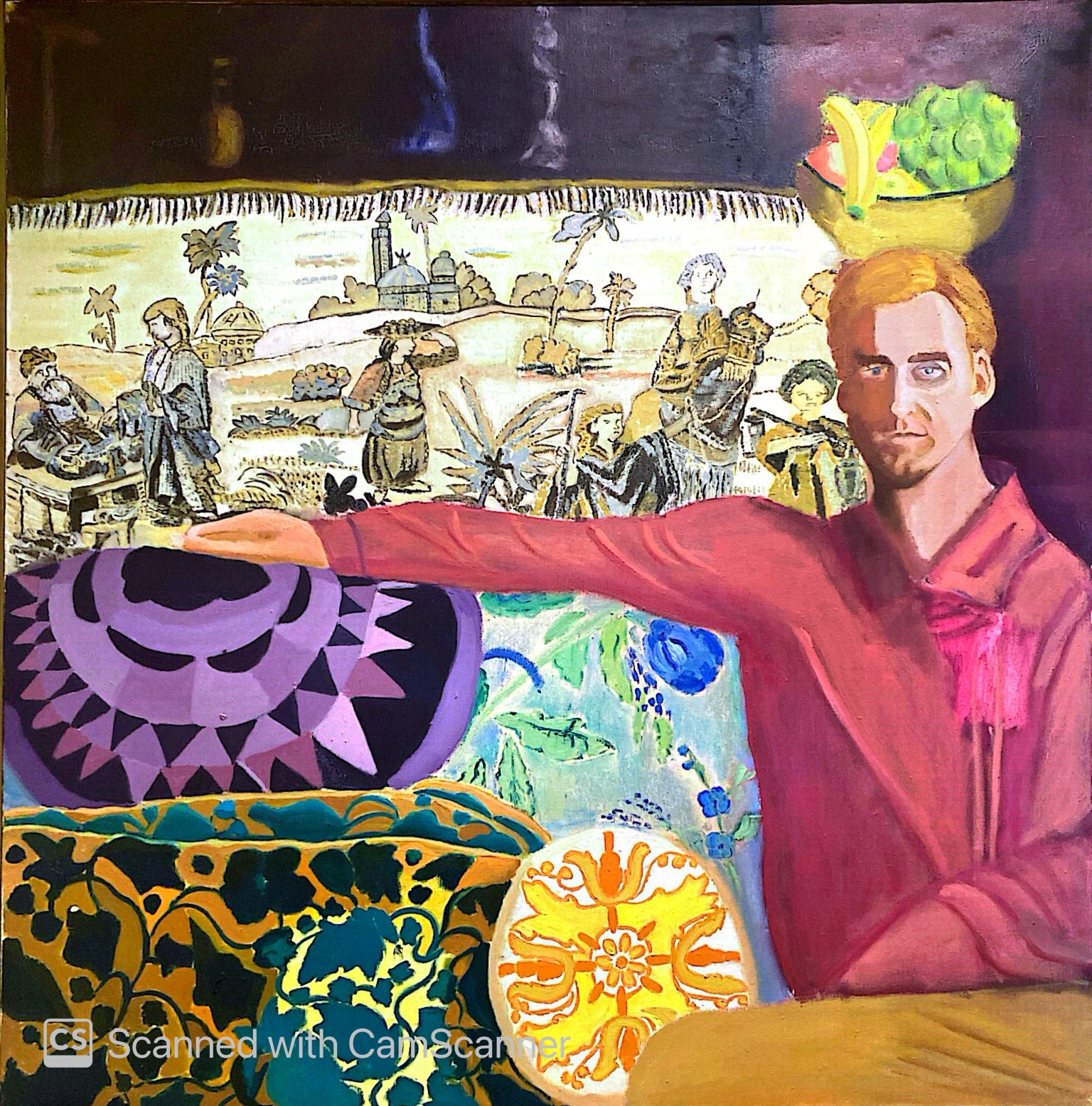
This project will look at the work of Robert Duncan in close relationship to the book “Process and Reality” by Alfred North Whitehead who is considered the founder of process philosophy. The aim is to deepen an understanding of composition in Duncan’s poetry, particularly those informed by natural phenomena and metaphysical concepts. It will also look at the artistic relationship between him and his partner Jess Collins who was a painter and lifelong collaborator.
Poetic Prose and Diaspora Politics: The work of Edwidge Danticat and Other Afro-Caribbean Americans in 20th Century New York
In the 20th century, Afro-Caribbean diasporic writers like Edwidge Danticat and Arturo Schomburg created vivid poetic prose that spoke to the impact of immigration and diaspora politics on communities in New York City and beyond. Their work explored the in-betweenness of being in diaspora, highlighting the tragic flaws and strengths of this state. By studying their writings and that of other diasporic writers like Felipe Luciano, Mayra Santos-Febres, and Danielle Legros Georges, we can begin to understand the political power of Black immigrants in the Americas and their contributions to culture, social movements, and public policy.
Amina Baraka and the Revival of Spirit House
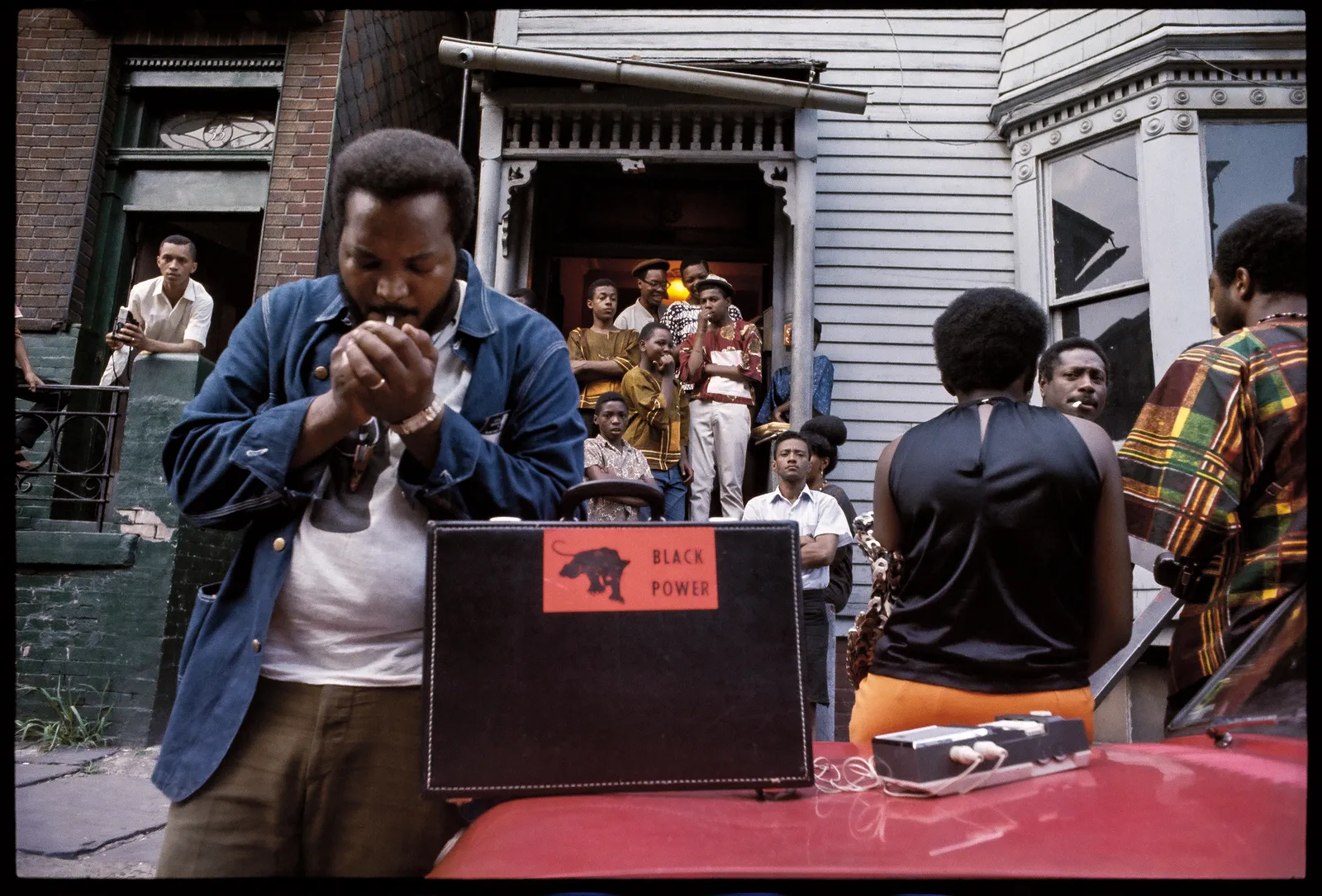
Newark’s Spirit House at 33 Sterling Street — founded and sustained by Amiri and Amina Baraka — had a mission: to meet the spiritual and material needs of Newark’s black people. To that end, they took to calling the city itself New Ark, a reclamation and rupture of early English settler’s nomenclature and carried out a program of renewal in the form of plays, education, and collaborative events with other black leftists like Kwame Ture and Harold Cruse. Decades later, when much “political” and identity-focused art has been channeled into, deflated, and effectively depoliticized by non-profits, universities, and other conservative structures of support, the Spirit House and Amina Baraka’s life — woven as it was through the Spirit House and the possibilities of thinking, doing and creating that such a space enabled — can serve as an inspiration for more holistic understandings of how art “works” in a situation of struggle. By examining and bringing some of Amina Baraka’s work to wider attention, and delving into the history of the Spirit House, in the form of a pamphlet or other publication, this research project seeks to think through questions of artistic production and political activity in ways that may reinvigorate possibilities in our own moment.
Conversations of Lois Elaine Griffith
This Lost and Found project proposes to digitize, transcribe, and prepare an oral history/sound collection of a private archive belonging to Lois Elaine Griffith, the last surviving founder of the Nuyorican Poets Cafe. These recordings include conversations with Pedro Pietri, Amiri Baraka, Marcel Christian, Arlene Gottfried, Miguel Algarín, and more. This work will assist Griffith for two works in progress: “Confessions,” where she will explore creative documentation and other multi-genre possibilities for preservation in non-traditional forms, and Chrónicas, a work of creative non-fiction about the contents of her sound collection.
Allen Ginsberg vs. the IRS
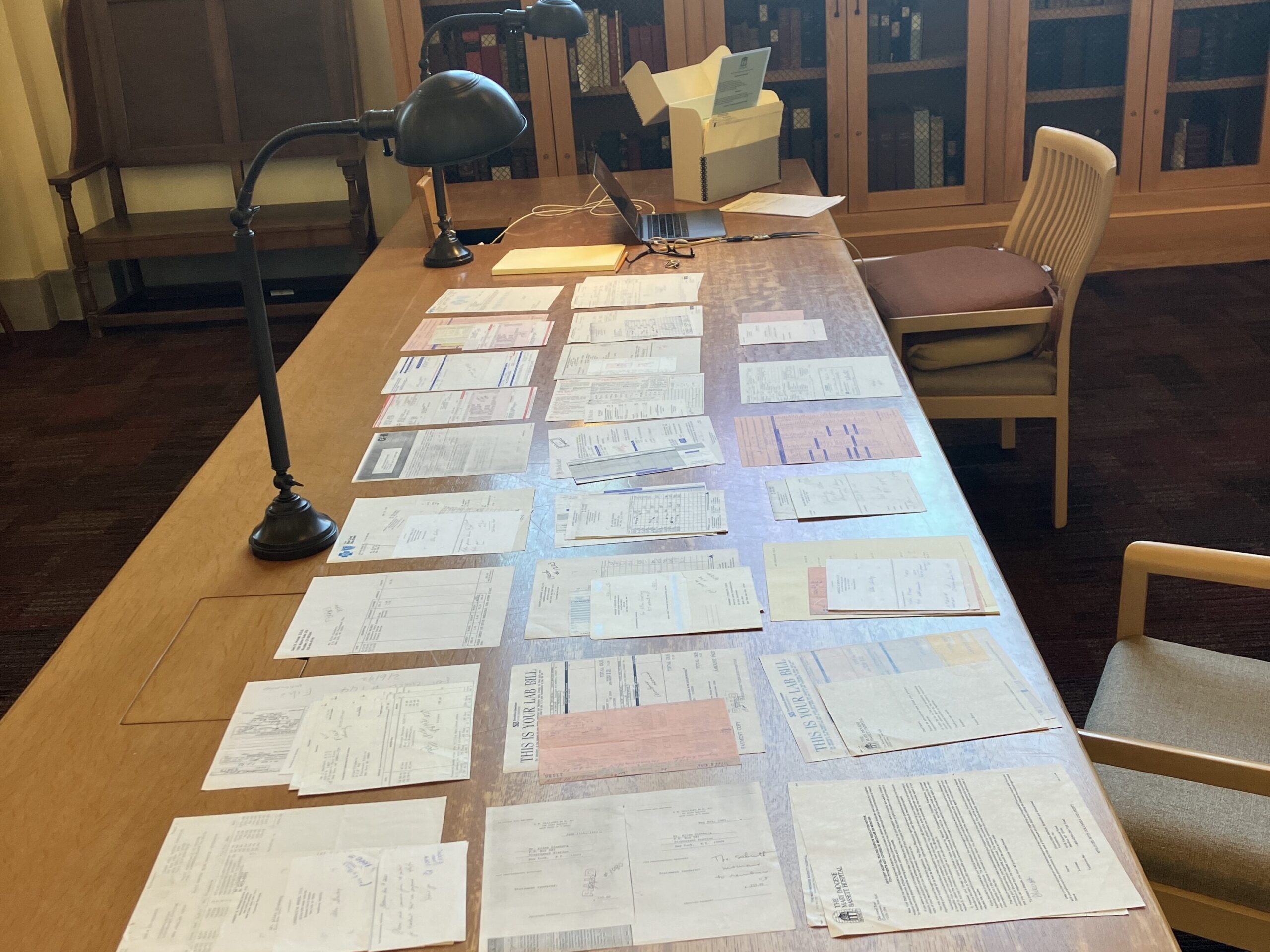
A selection of Allen Ginsberg’s papers at Stanford special Collections

Examining Allen Ginsberg’s tax returns over the 47 year period of his career and comparing it to the publication dates of his major works gives a clearer picture of the relationship between creation of literary writing and the income that is generated as a result of its publication. The aim is to better understand how writers without pre-existing financial support generated literary work in relation to personal income, and whether the initial investment of time and energy into a poet’s craft can be undertaken without financial support in societies with high levels of income inequality.
“The Artist in the Attic: Marcel Christian and the Nuyorican Poets Cafe”
“The Artist in the Attic: Marcel Christian and the Nuyorican Poets Cafe” is a proposed Lost & Found edition that revolves around Marcel Christian, a gay African American artist and one of the founders of the New York City Ballroom Scene, and his involvement with the Nuyorican Poets Cafe (NPC). Born Herman
Michael Williams in 1945, Christian is credited for staging the first black drag ball in 1962, which led to the formation of “houses.” He was also a designer, producing costumes for the Ballroom Scene; a historian and creator of the queer-of-color zine, Idle Sheet, which he distributed throughout the 1980s; and publisher of the now-defunct Widow Nails Media. From the early 1990s until his death in 2004, Christian was the NPC’s in-house designer, creating costumes for plays staged at the Cafe. This Lost & Found edition will explore Christian’s contributions to the NPC and its legacy, which have never been documented or studied, establishing a bridge between two New York City iconic cultural institutions missing from scholarship on NYC’s queer history.
Through the Nuyorican Poets Cafe Founders Archive Project (NPCFAP), Cáceres discovered Christian’s work as a poet and playwright. The NPFCAP was founded circa 2015 by Lois Elaine Griffith, one of the last surviving founders of the NPC. Known as the keeper of the Cafe’s archive, Griffith is a prolific queer, Afro-Caribbean artist of West Indian descent who initiated the NPCFAP with the mission to preserve the significant cultural contributions of those artists who communed at the Cafe from being whitewashed by revisionist history. Before his death, Christian entrusted Griffith with his manuscripts, A Day in the Life of the Phaire Phorest & A Knite at the Ball, and his autobiography. My article will expand Christian’s legacy and history by placing his manuscripts in dialogue with the archival artifacts he left on the third and fourth floor of the NPC.
In a time when queer culture is being erased from American curriculums, this project, in uncovering this lost connection, reflects on how our queer-of-color ancestors used art to resist homophobia, white supremacy, and other modes of oppression and to establish solidarities
Archives for Audience: Weaving Contemporary Conversations on Theresa Hak Kyung Cha
This project brings together artists and scholars Ban met through last year’s Theresa Hak Kyung Cha archival research. While researching, Ban befriended those in New York, Berkeley, and Seoul who care about and appreciate Cha and her work. As she reflected on the conversations, The idea arose to feature them in a series of three interviews with Cici Wu, Isabelle Utzinger-Son and Ji-seung Kim to be published in Distributaries. Studies in Cha have, until now, focused on the artist’s identity as a Korean immigrant woman who wanders among foreign languages. Cha discusses the history of Korea during the Japanese occupation in much of her works, but what she attempts to present with the history deviates from such linear narrative; rather, her works bear more similarities with the contemporary black feminist scholars’ attempts to make alternative archives. Therefore, Ban plans to publish a series of interviews after reviewing two Cha exhibitions that will be held in and around Berkeley and to further explore why we are still reading Cha in 2024.
Charles Olson’s Teaching and Pedagogy
The project aims to contextualize Charles Olson within a larger dialogue of teaching and pedagogy that has yet to occur. This work also builds on Ayaz’s dissertation, wherein he addresses the lack of any study regarding Olson and his teaching, especially his time as a teacher at SUNY Buffalo. Finally, the project would build on past work done on Olson and his contemporaries–including work done through previous Lost & Found initiatives like at SUNY Buffalo’s Poetry Collection (where Ayaz studied the unprocessed materials of Al Glover and interviewed him at his home in Canton), the NYPL (Paul Metcalf), and at the Maud/Olson library in Gloucester.
Through this project, Ayaz asks the following questions: what was Olson’s method like as a teacher, how did he conduct his courses? And, what can we learn from his teaching materials and the records surrounding those? Recent research at the Charles Olson Research Collection at the University of Connecticut has led to Ayaz tracing the correspondence and underexplored network between Charles Olson, Jonathan Williams, and Paul Metcalf. These questions serve to guide Ayaz in looking at the archival record and to work at presenting these materials to audiences in a digestible manner.
Etheridge Knight’s Free People’s Poetry Reunion
Etheridge Knight’s poetry inspires generations of free poets to take stage in spoken song across the globe, activating agency through rhyme across time. In the summer of 2024, The Free People’s Poets reunited at the crossroads of America in Indianapolis, after thirty-one years of expanding Knight’s light around the world. Convening over music and poetry at the historic Chatterbox Jazz Club on historic Massachusetts Avenue. Curated by poet Kenneth May, the summer reunion launches an ongoing project to trace the expanse of Etheridge Knight’s influence on future generations of poets, through memoir, readings and workshops led and inspired by the original Free People’s Poetry Workshop family.
Hyperlyrical Practices
This project aims toward further theories on the hyper- and to approach lyrics which reach across poetics and the visual arts. Raz plans to explore and better understand these splay forms, through their divergences and cross-pollinations, including works by Cecilia Vicuña and Renee Gladman to recent research into artists’ books by Johanna Drucker at Houghton Library, Harvard University and the unpublished poems of Maya Deren and Stan Brakhage at the Howard Gotlieb Archival Research Center, Boston University. These latter poems are of particular interest, where work of a certain media occludes others within an artist’s career.
Rethinking Plath: Myth, Alchemy, and Art
Sylvia Plath presents a narrative ripe for reevaluation beyond the confines of her biography. In the collective imagination, her literary production, often epitomized by The Bell Jar, often casts Plath and her poetic I as the emblematic figure for what Betty Friedan has called the “problem that has no name,” namely the widespread sense of discontent felt by white middle-class women in the 1950s. Carnelutti’s research seeks to illuminate aspects of her work frequently overshadowed by the prevailing narrative that prioritizes her life story over her relationship with language and literary craftsmanship.
Since Carnelutti took her first steps in literary criticism, one of Carnelutti’s scholarly goals has been to trouble a strictly confessionalist interpretation of Plath’s work, a perspective first challenged in the 1970s by Judith Kroll and Jon Rosenblatt who argued against the dominant interpretation of Plath’s oeuvre in favor of a mythological or allegorical reading of her narratives and poetics emphasizing the relevance of images and symbols. Moving from Rosenblatt and Kroll’s insights, Carnelutti proposes a novel reading of Plath’s poetry through the lens of the alchemical tradition to produce a new interpretation of both her narratives and her aesthetic statement.
Reading Plath’s poetry through this lens allows Carnelutti to position Plath’s work in a lineage of poets who have deployed alchemy and occult symbolism (including W.B. Yeats, T. S. Eliot, Diane di Prima, and Seamus Heaney). As it challenges the predominant understanding of her poetry as strictly confessional, this approach opens up her poetry to a wider range of aesthetic and political possibilities.
2025 L&F Fellowships & Grants Call
More About Lost & Found
Lost & Found
We publish original texts by figures central to and associated with New American Poetry.
2024 Lost & Found Fellows
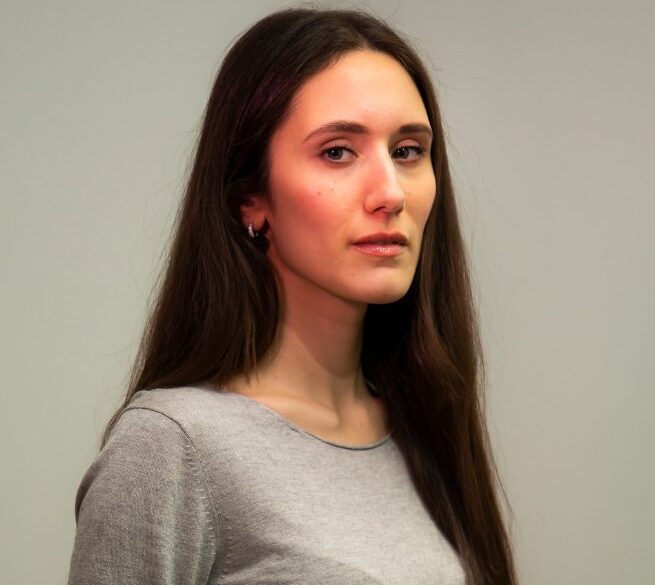
Beatrice Carnelutti
Lost & Found Archival Research Fellow
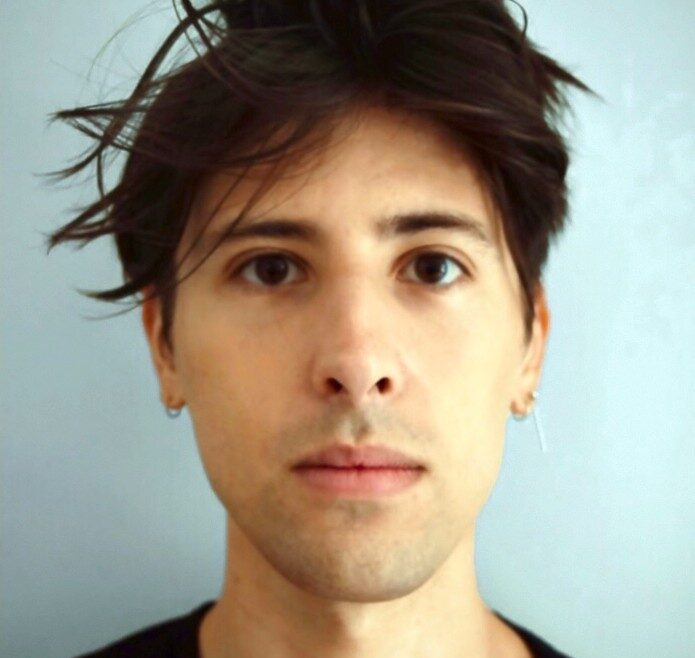
Alyx Raz
Lost & Found Archival Research Fellow
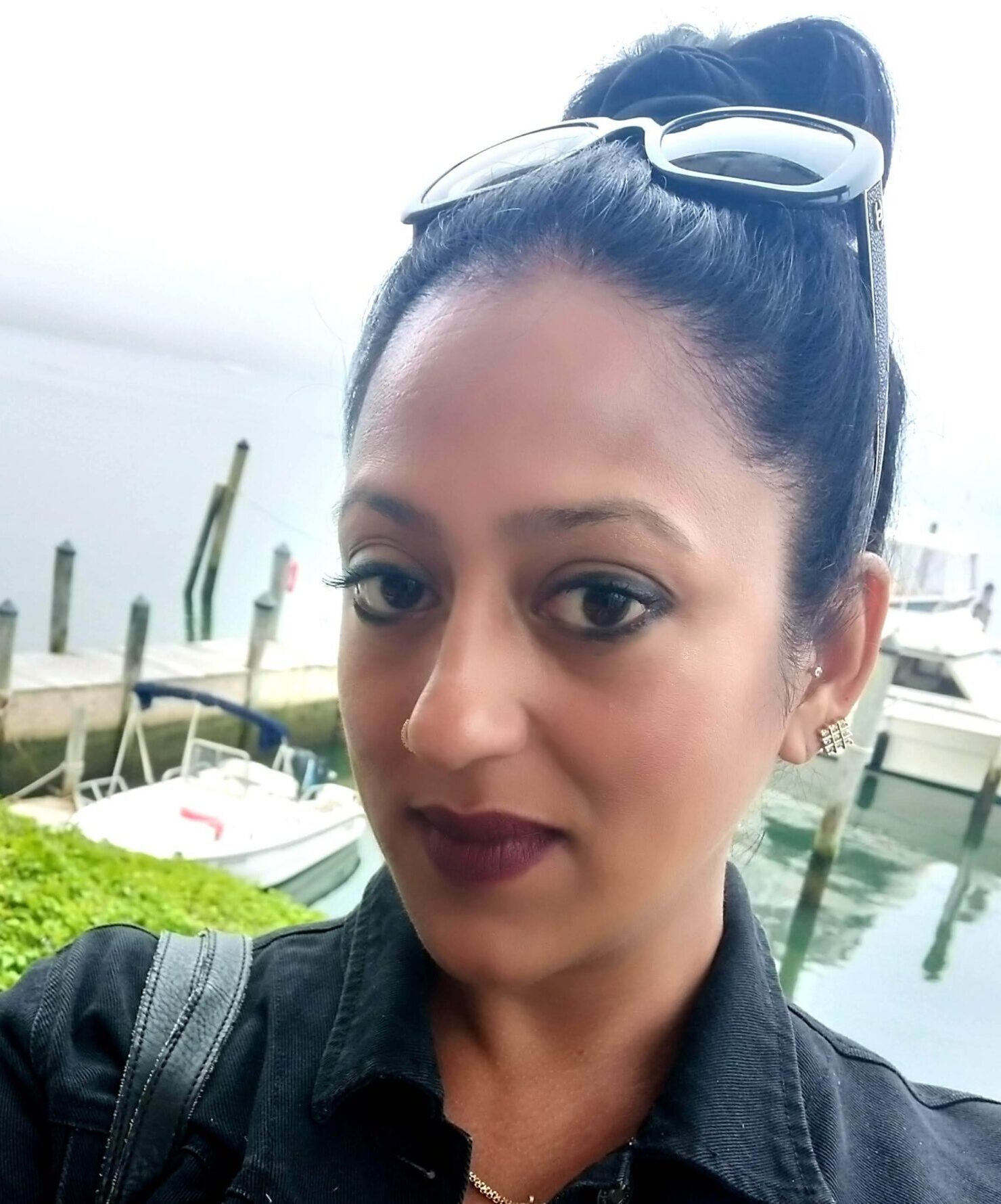
Shobita Mampilly
Lost & Found Archival Research Fellow
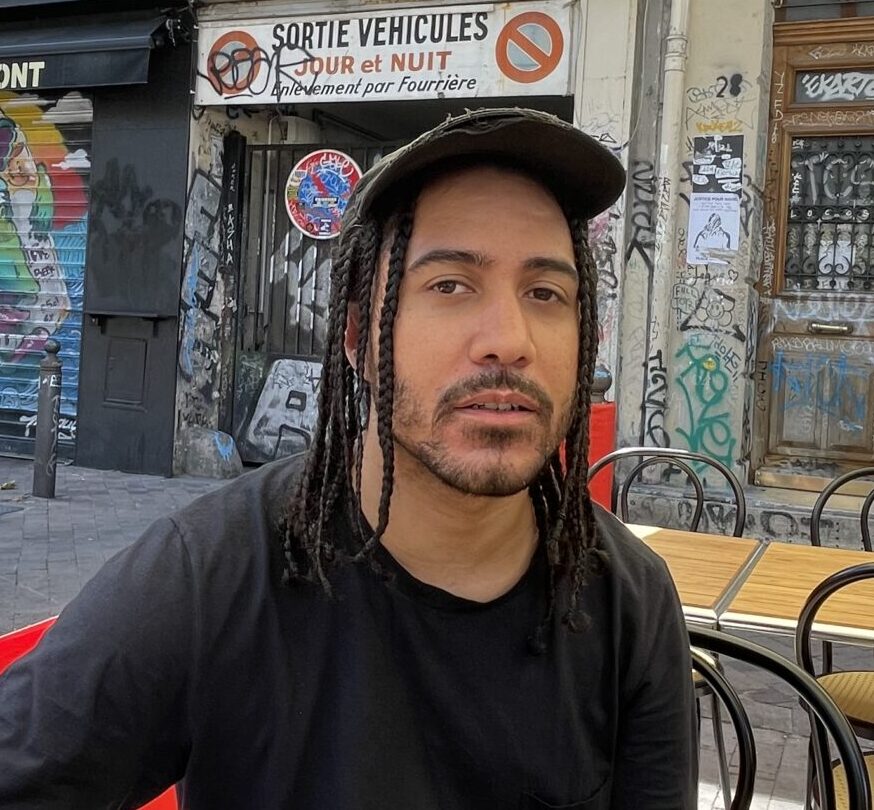
Benjamin Krusling
Lost & Found Archival Research Fellow
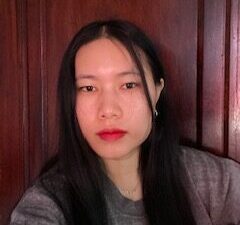
Sochuiwon Priscilla Khapai
Lost & Found Archival Research Fellow
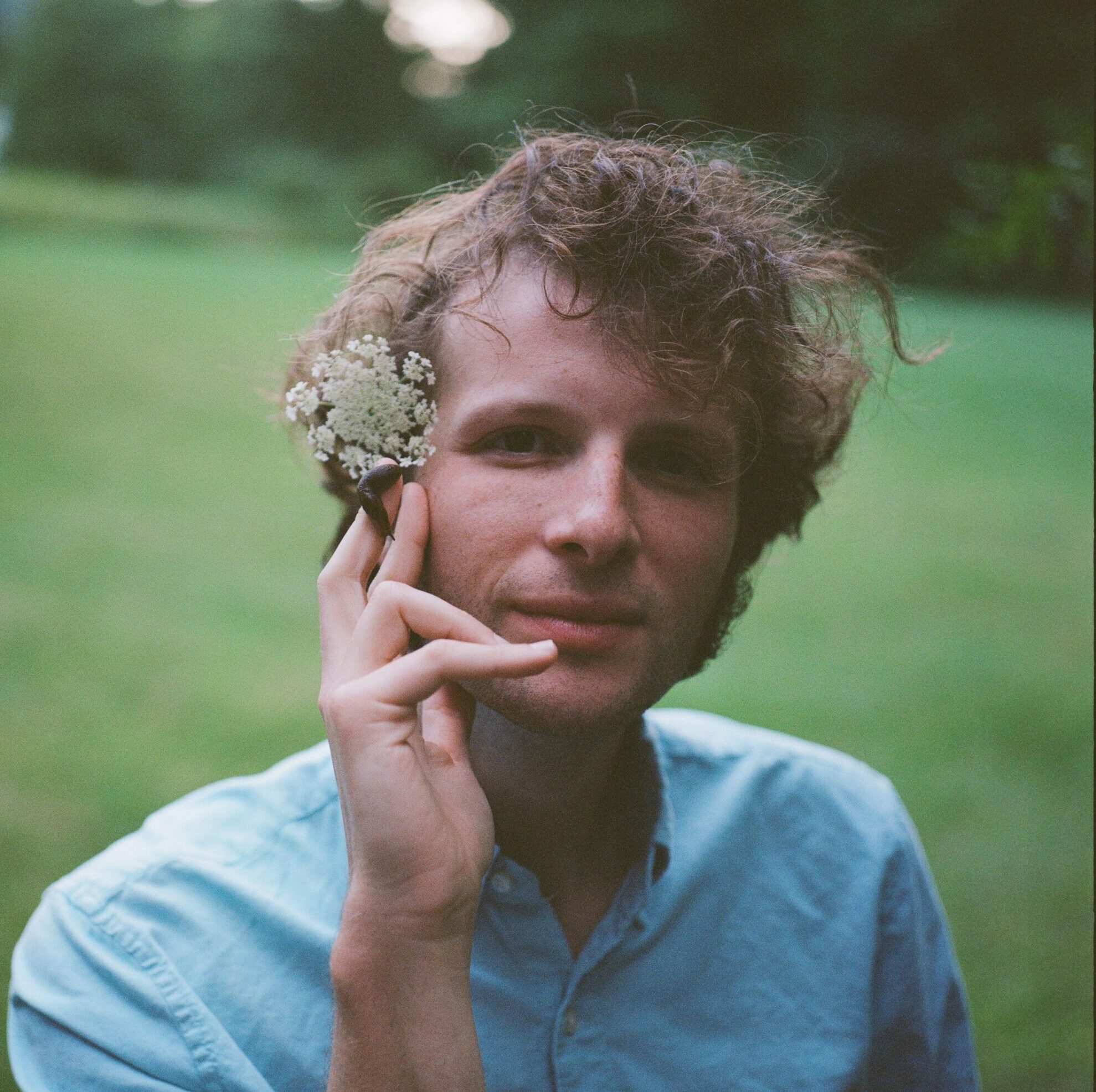
Daniel Horowitz
Lost & Found Archival Research Fellow
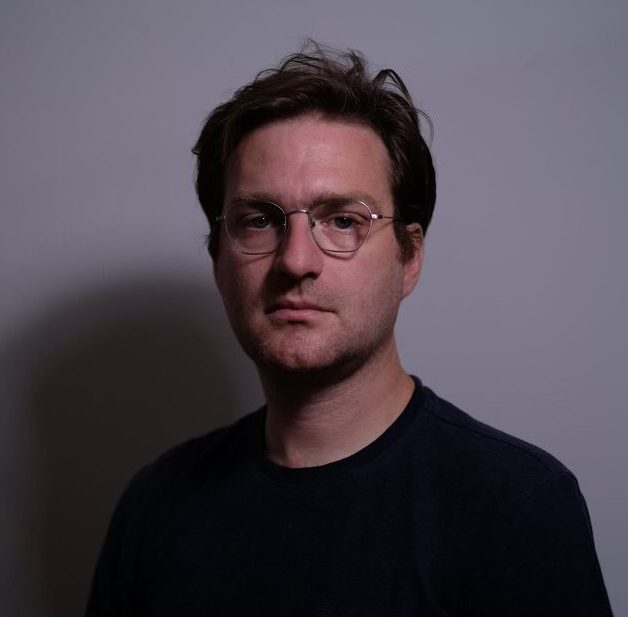
Nicodemus Nicoludis
Lost & Found Archival Research Fellow
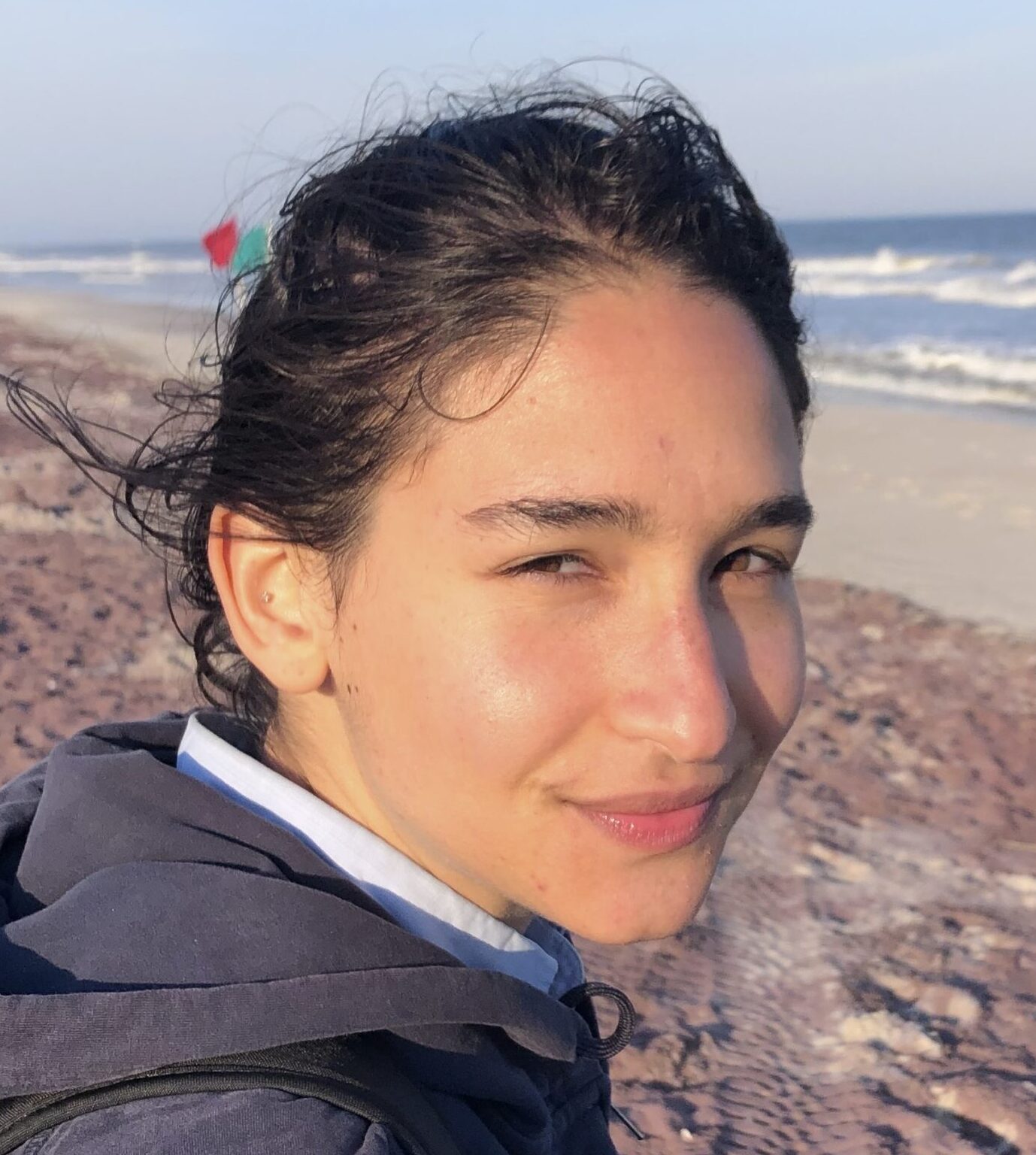
Ryan Rosenberg
Lost & Found Archival Research Fellow
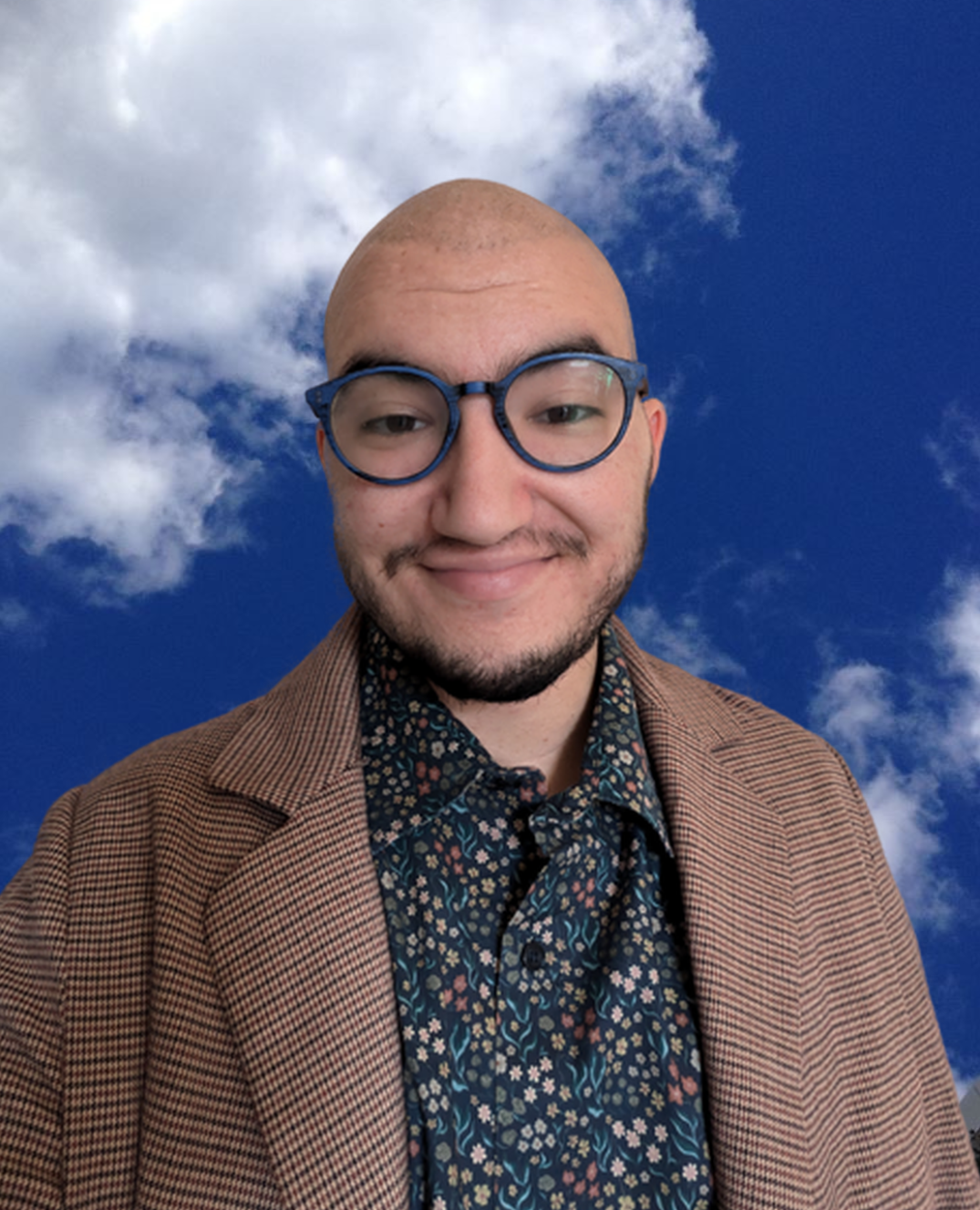
Poe M. Allphin
Lost & Found Archival Research Fellow
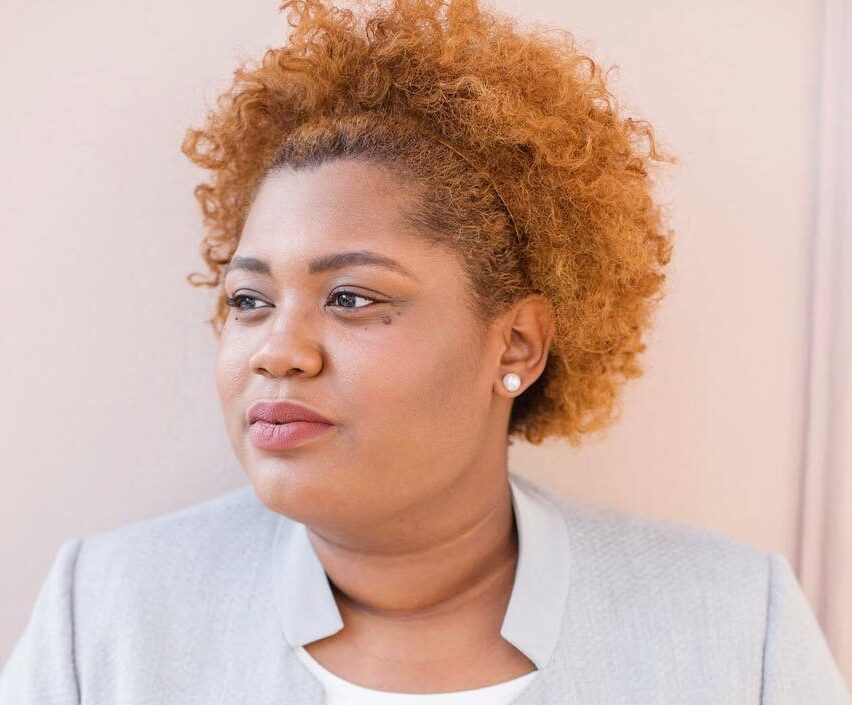
Krystina François
Lost & Found Archival Research Fellow
Diasporican Archives Summer Fellow
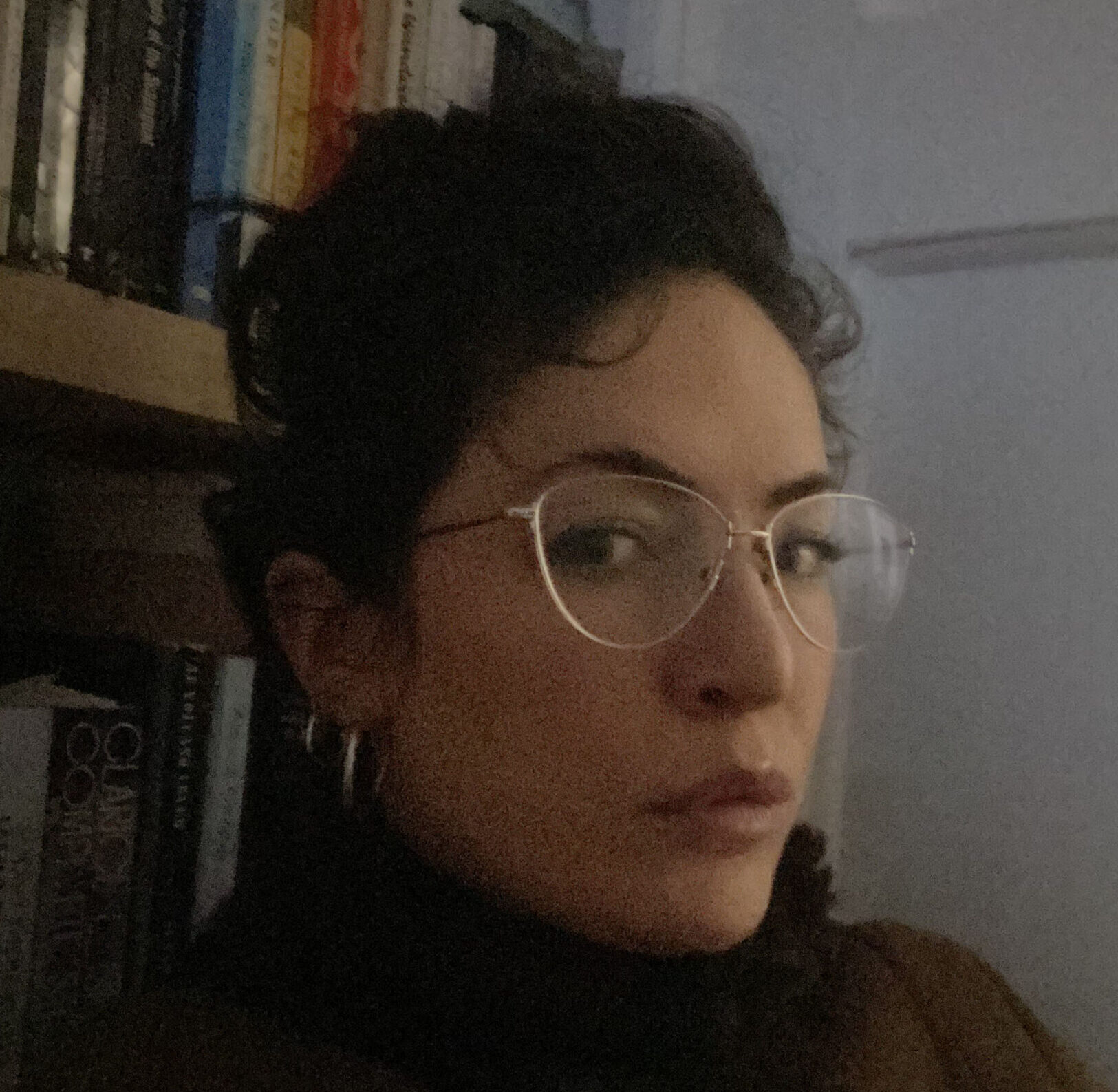
Kirsten Gill
Lost & Found Archival Research Fellow
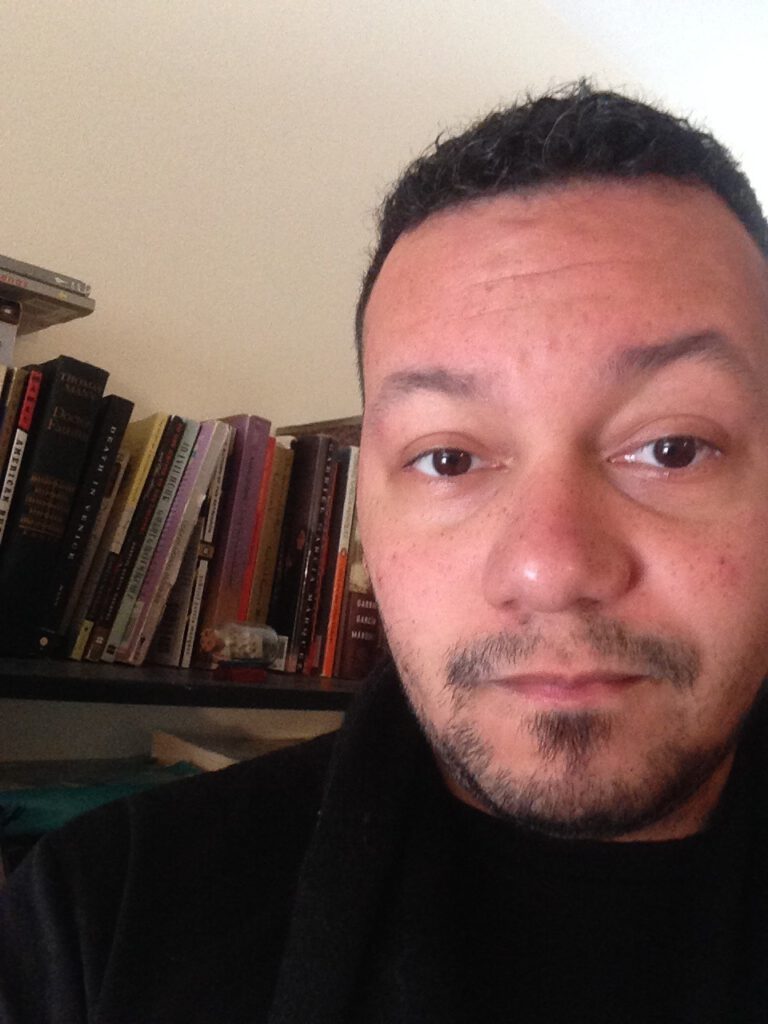
Joseph Cáceres
Lost & Found Archival Research Fellow
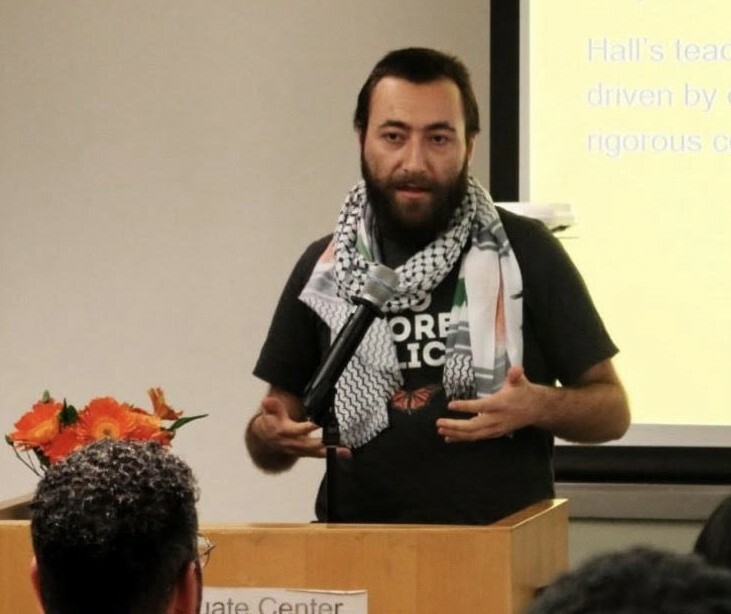
Lucien Baskin
Lost & Found Archival Research Fellow
ERI/PS2 Public Research Fellow
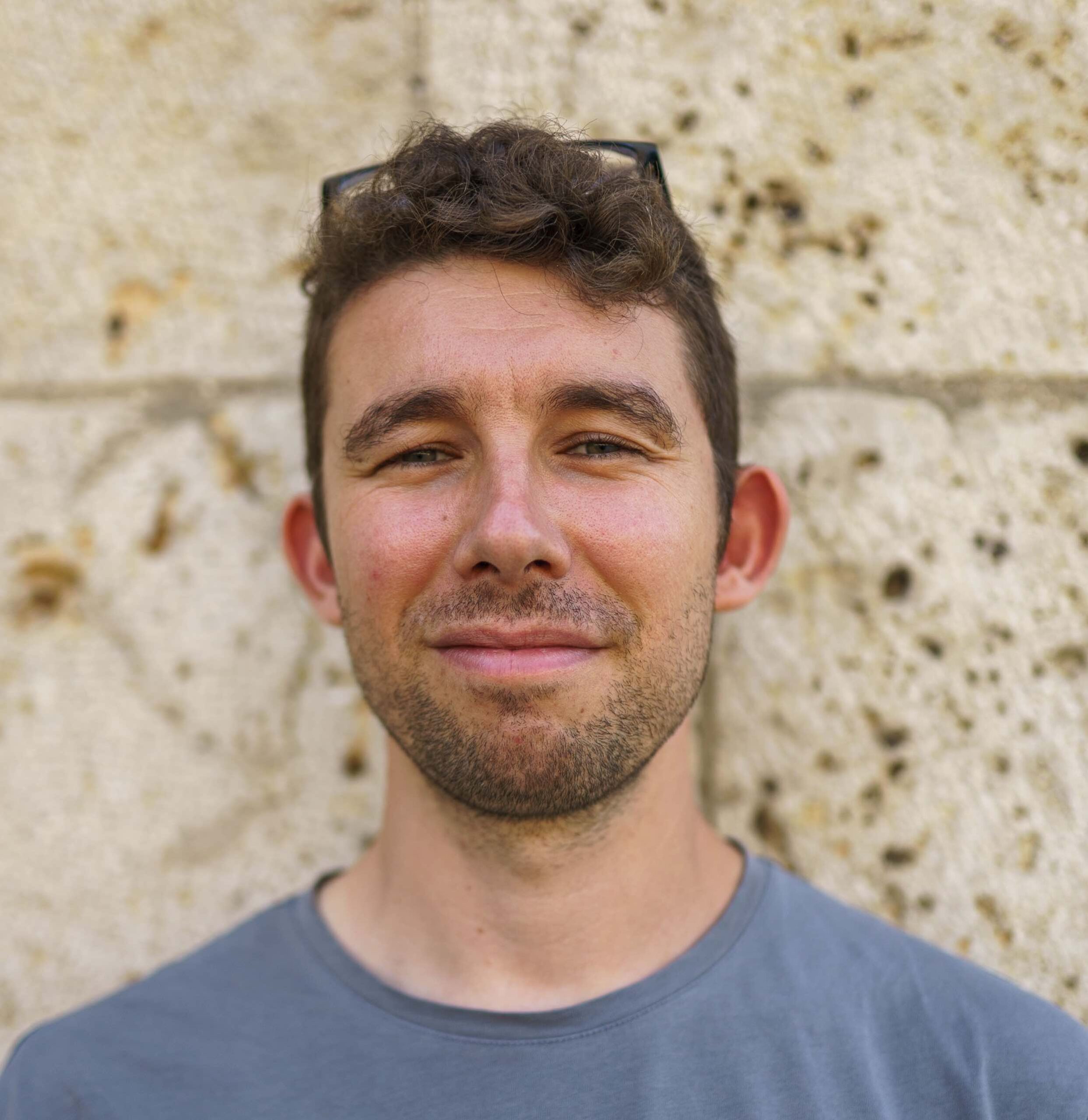
Sam O’Hana
Lost & Found Archival Research Fellow
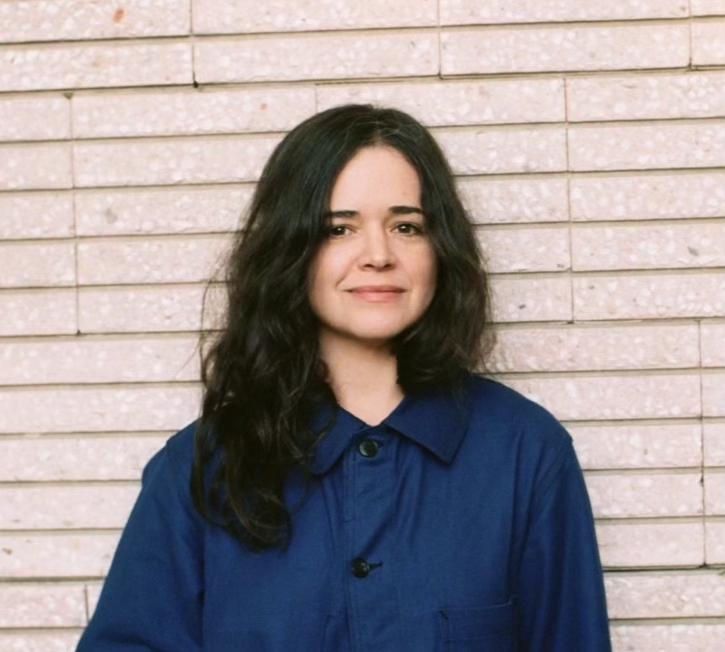
Natasha Tiniacos
Lost & Found Archival Research Fellow
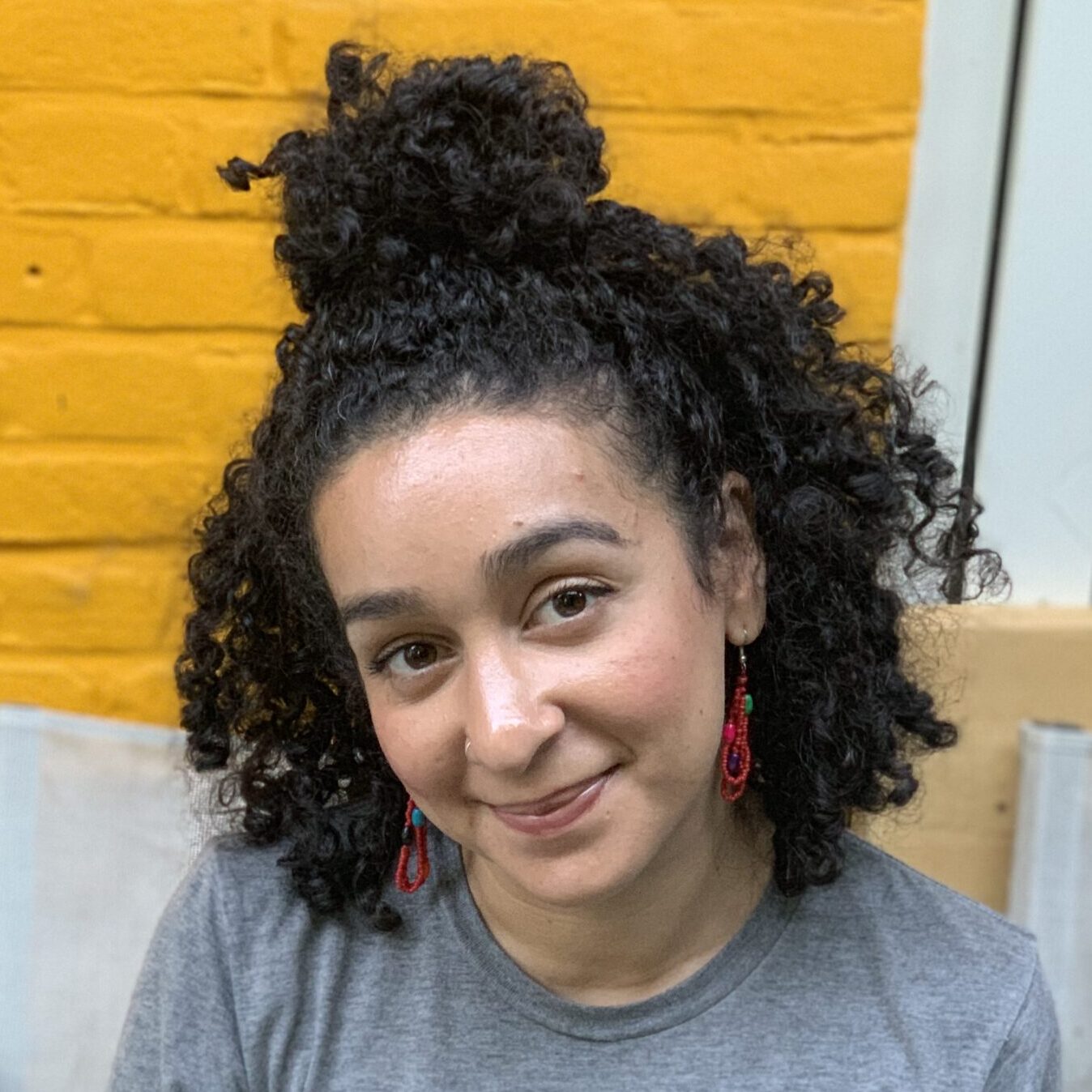
Vallerie Matos
Lost & Found Archival Research Fellow
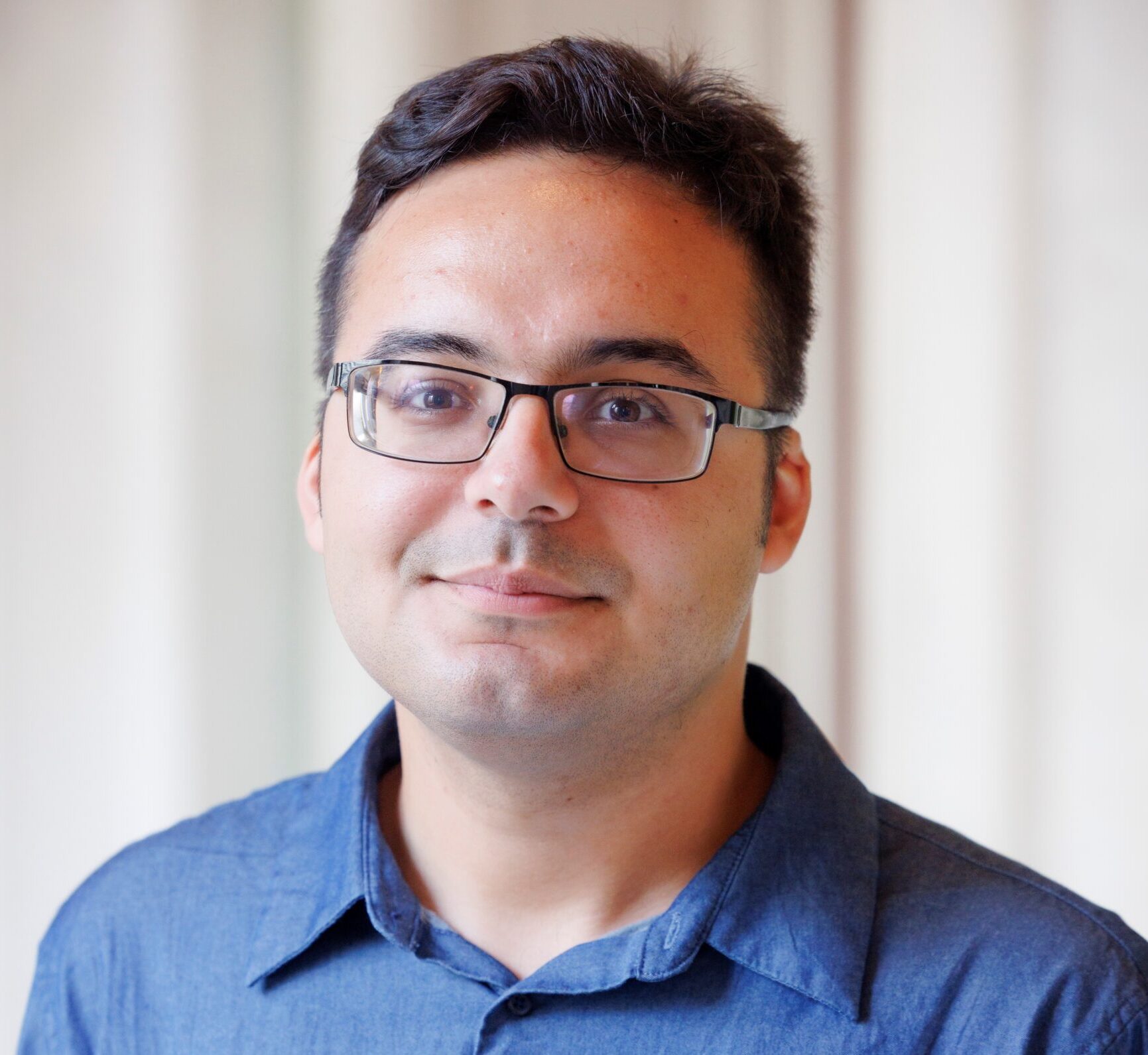
Onur Ayaz
Lost & Found Archival Research Fellow
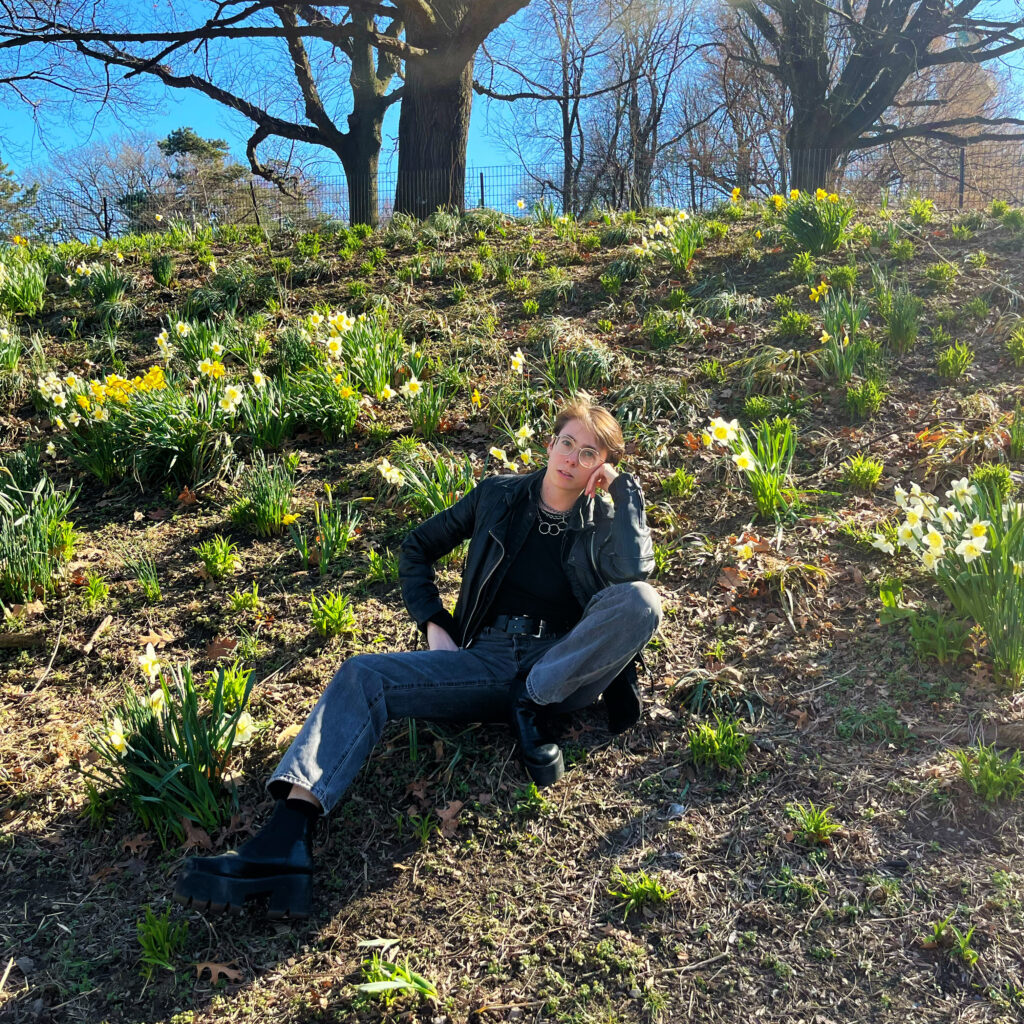
Rebecca Teich
Lost & Found Archival Research Fellow
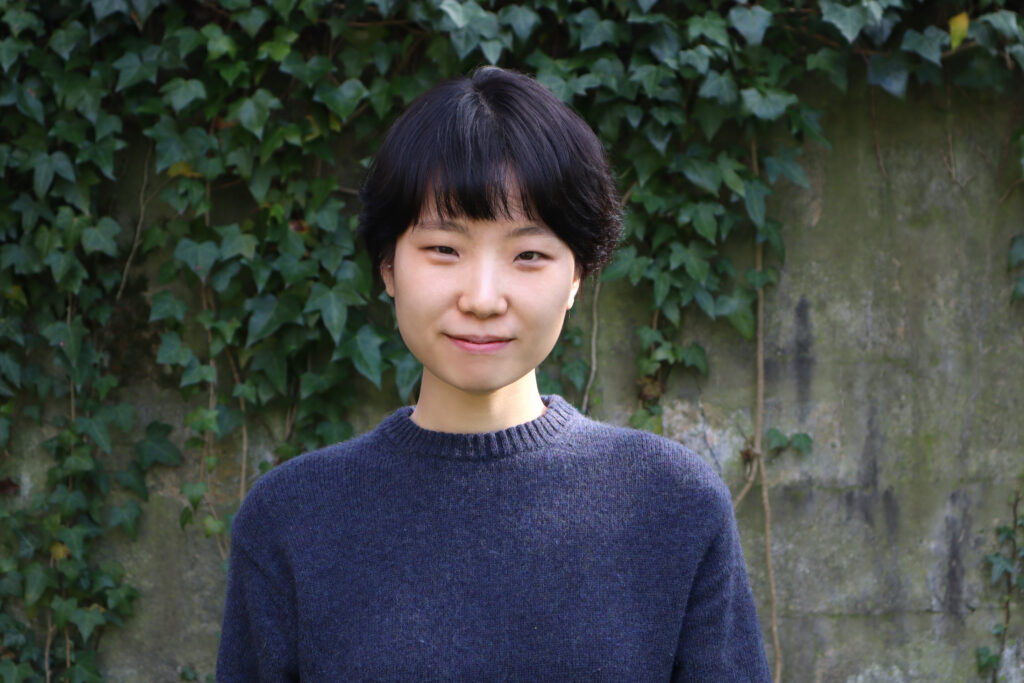
Ju Ly Ban
Lost & Found Archival Research Fellow
